Grade 11 Chemistry Safety
1/56
There's no tags or description
Looks like no tags are added yet.
Name | Mastery | Learn | Test | Matching | Spaced | Call with Kai |
|---|
No analytics yet
Send a link to your students to track their progress
57 Terms
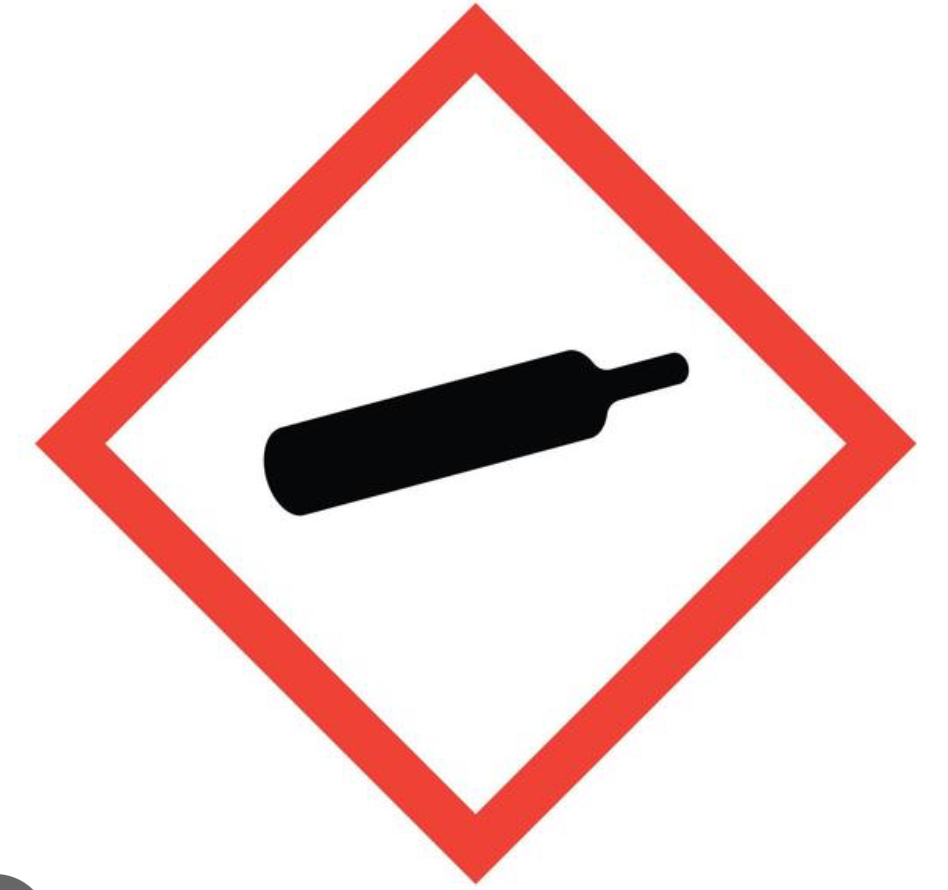
Provide a name, description and precautions/equipment
Name: Gas Cylinder
Description: Materials, in the gaseous state and highly pressurized cylinders, that can explode when damaged or heated.
Precautions/Equipment: Store in cool area, keep away from heat and sparks, secure for storage and transport, goggles.
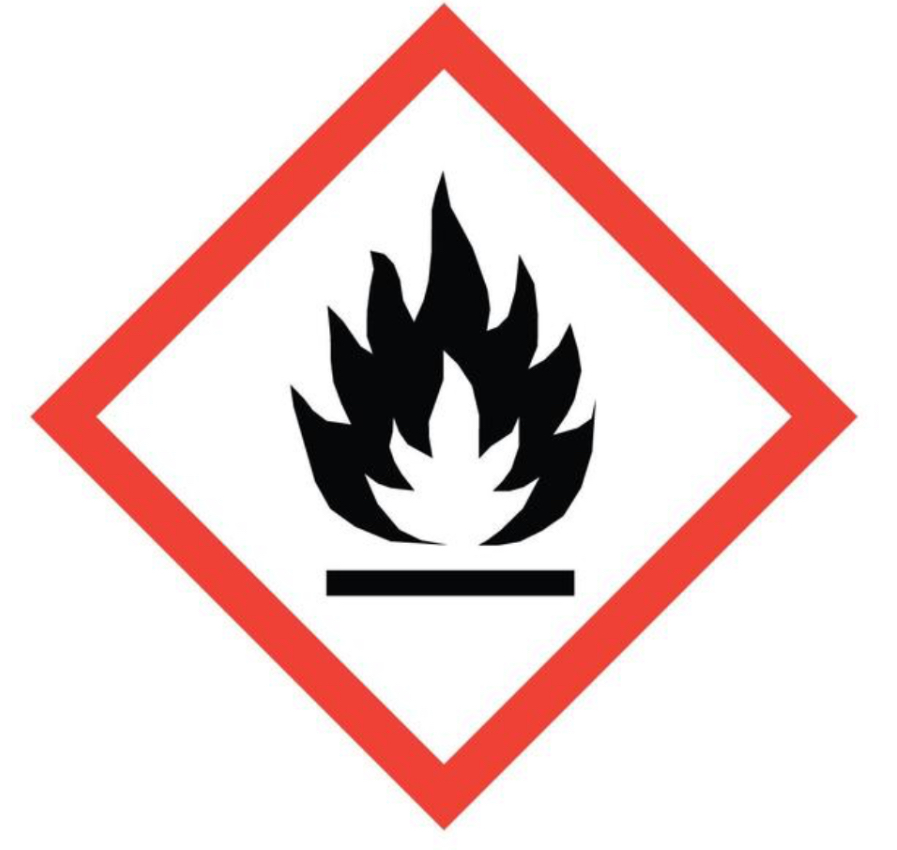
Provide a name, description and precautions/equipment
Name: Flammable
Description: Materials that are easily ignited by heat or electricity.
Precautions/Equipment: Store in cool area, keep away from heat and sparks, goggles, fire extinguisher.
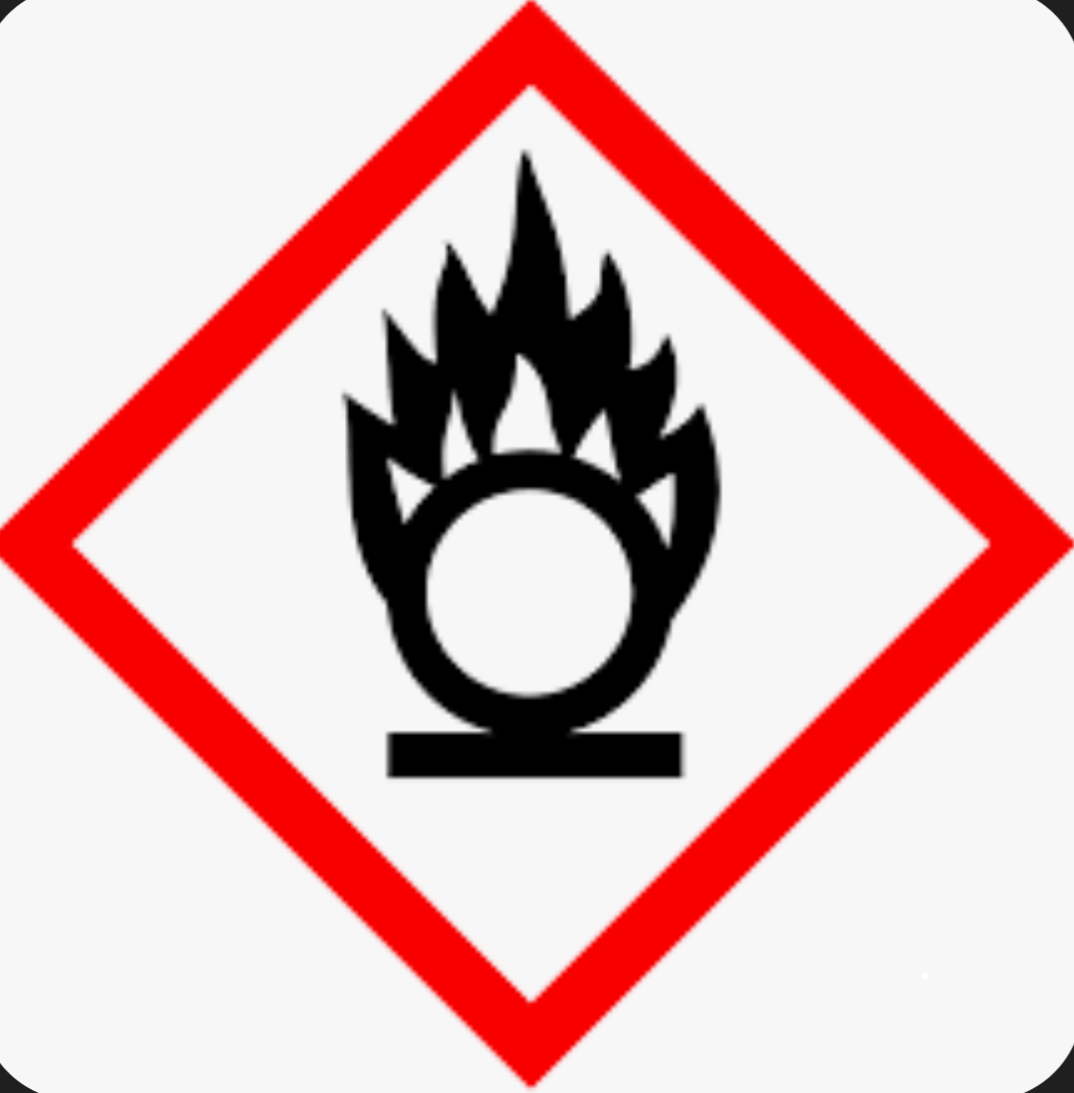
Provide a name, description and precautions/equipment
Name: Oxidizers/Flame Over Circle
Description: Materials that cause other substances to burn more easily or rapidly.
Precautions/Equipment: Store separately from flammable materials, store in cool area, keep away from heat and sparks, googles, fire extinguisher.
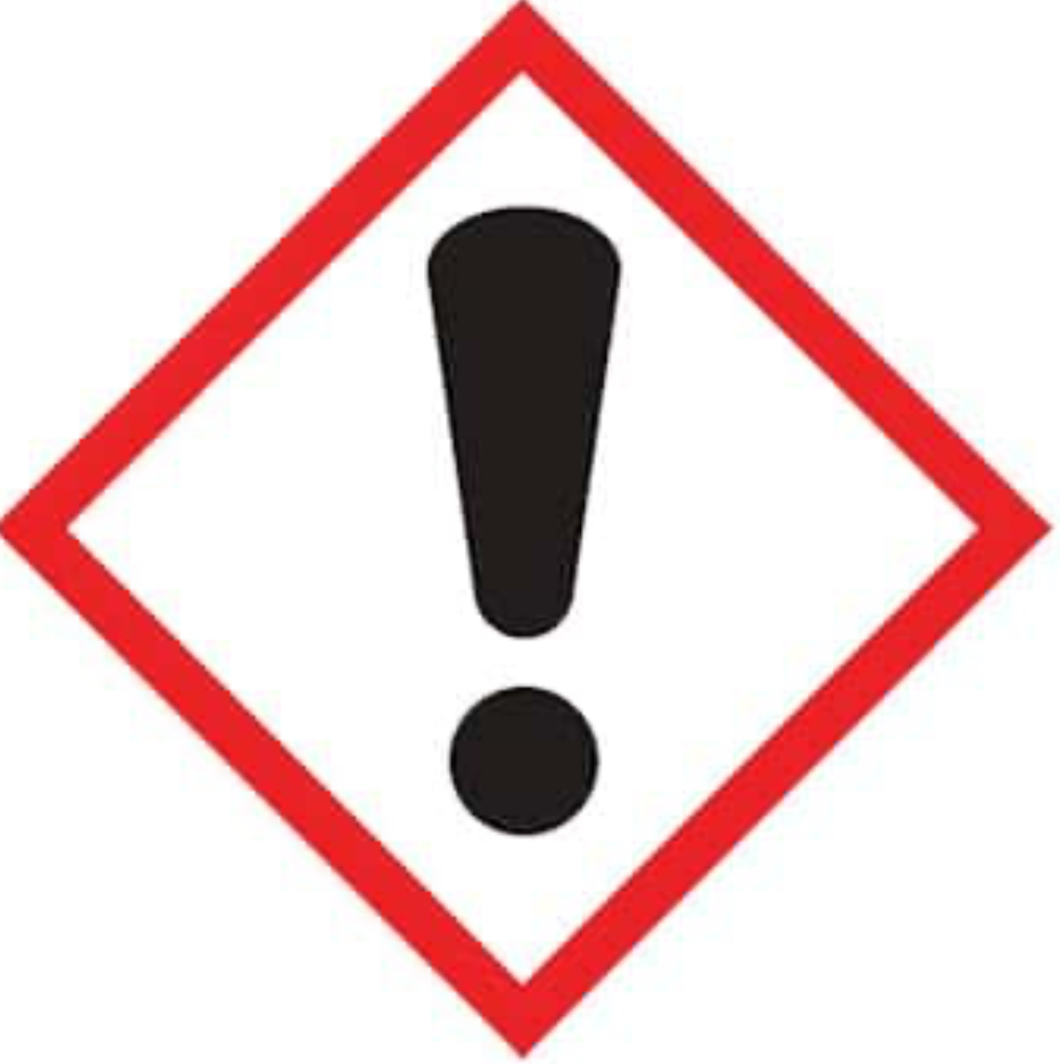
Provide a name, description and precautions/equipment
Name: Exclamation Mark
Description: Acute Toxicity- materials that are poisonous with effects such as skin, lung, or organ irritation.
Precautions/Equipment: Avoid contact, work in well ventilated area, wash hands after use, goggles, gloves.
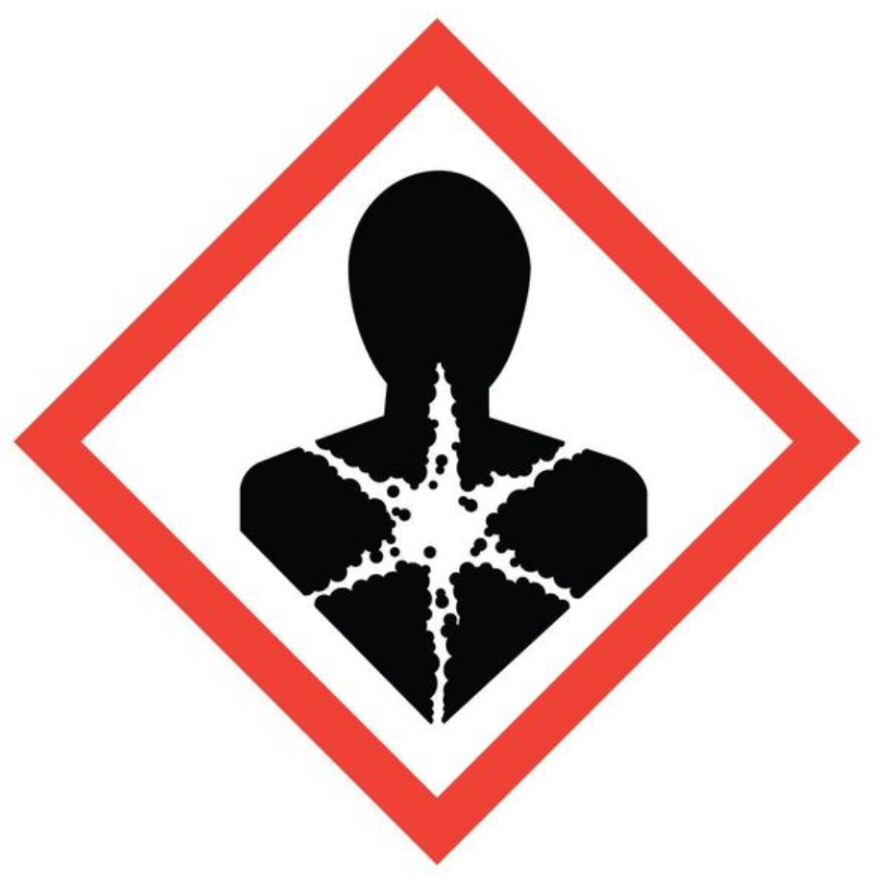
Provide a name, description and precautions/equipment
Name: Health Hazard
Description: Materials that cause health effects over long periods of time such as cancer and reproductive damaged.
Precautions/Equipment: Avoid contact and prolonged use, work in well ventilated area, wash hands after use, goggles, gloves, mask, lab coat.
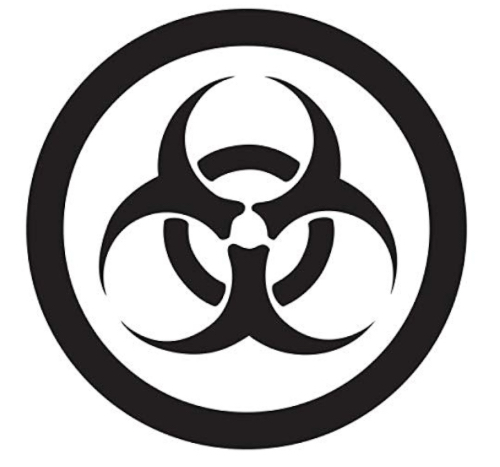
Provide a name, description and precautions/equipment
Name: Biohazard
Description: Materials, including medical waste and research samples, that cause bacterial, fungal or viral infections.
Precautions/Equipment: Follow correct medical disposal techniques, goggles, gloves, mask, lab coat.
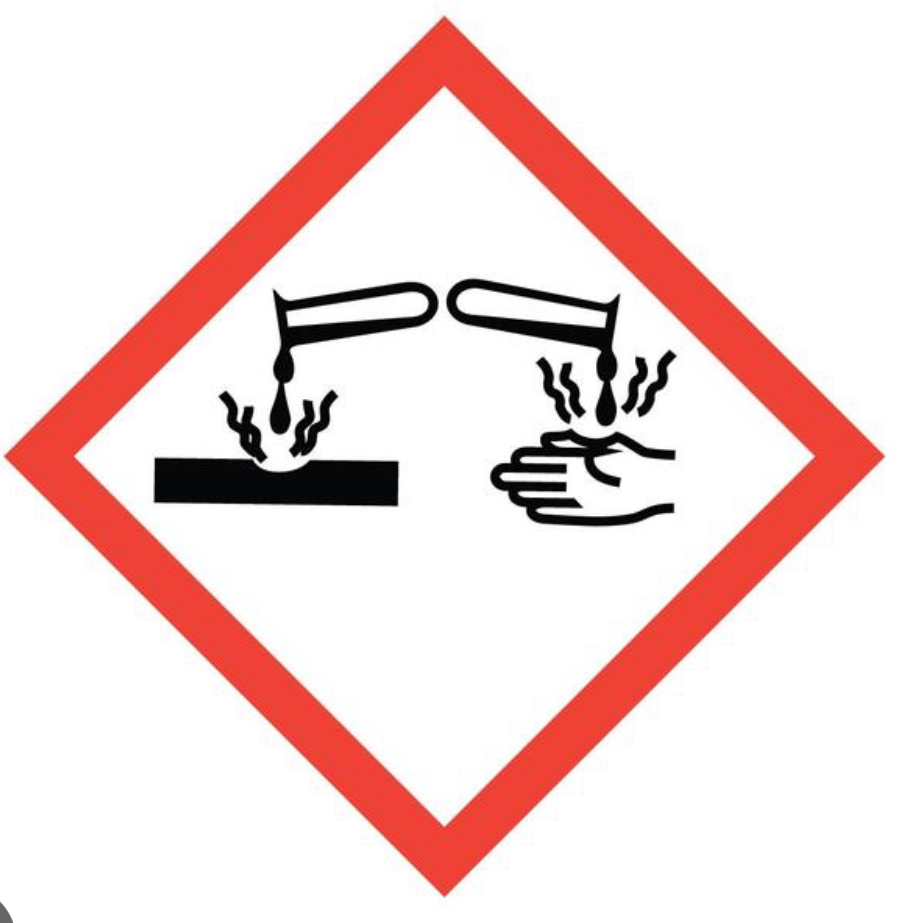
Provide a name, description and precautions/equipment
Name: Corrosion
Description: Materials that cause burns and damage to skin or to metals.
Precautions/Equipment: Avoid contact with skin and eyes, store in plastic or glass, goggles, gloves, spill kit.
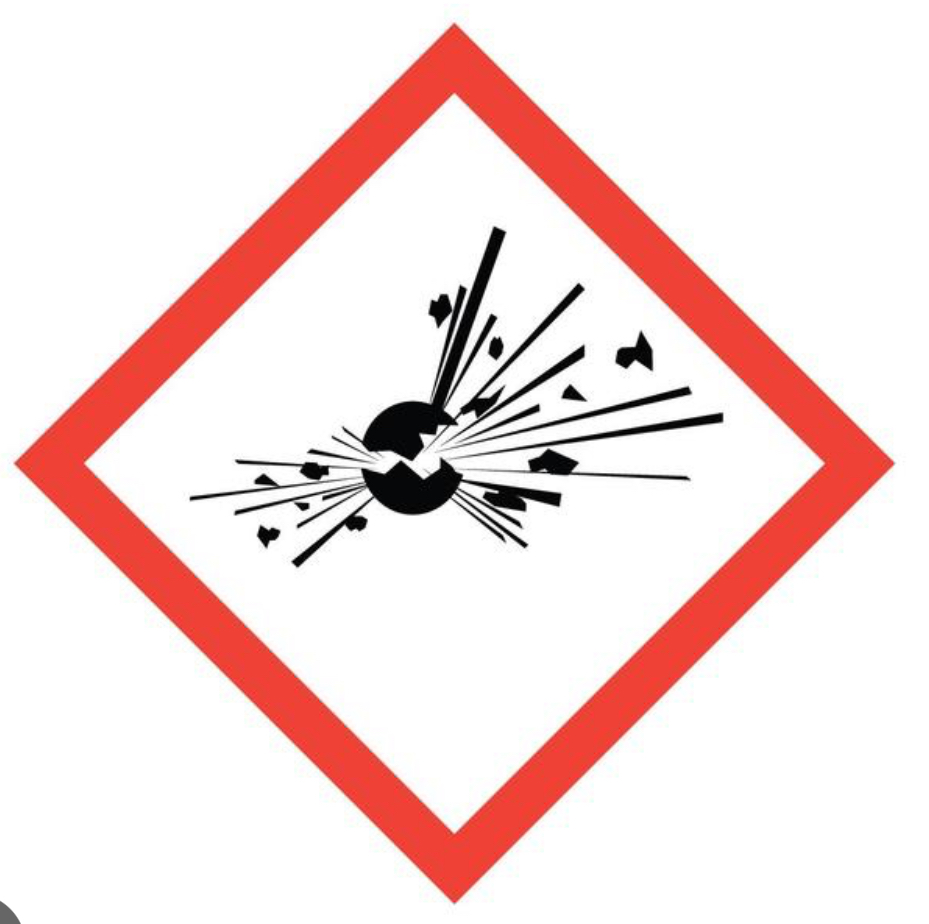
Provide a name, description and precautions/equipment
Name: Exploding Bomb
Description: Materials that can either explode when they come into contact with other substances or that are unstable or self-react.
Precautions/Equipment: Store in cool area, keep away from heat and sparks, secure for storage and transport, store away from other chemicals, goggles, fire extinguisher.
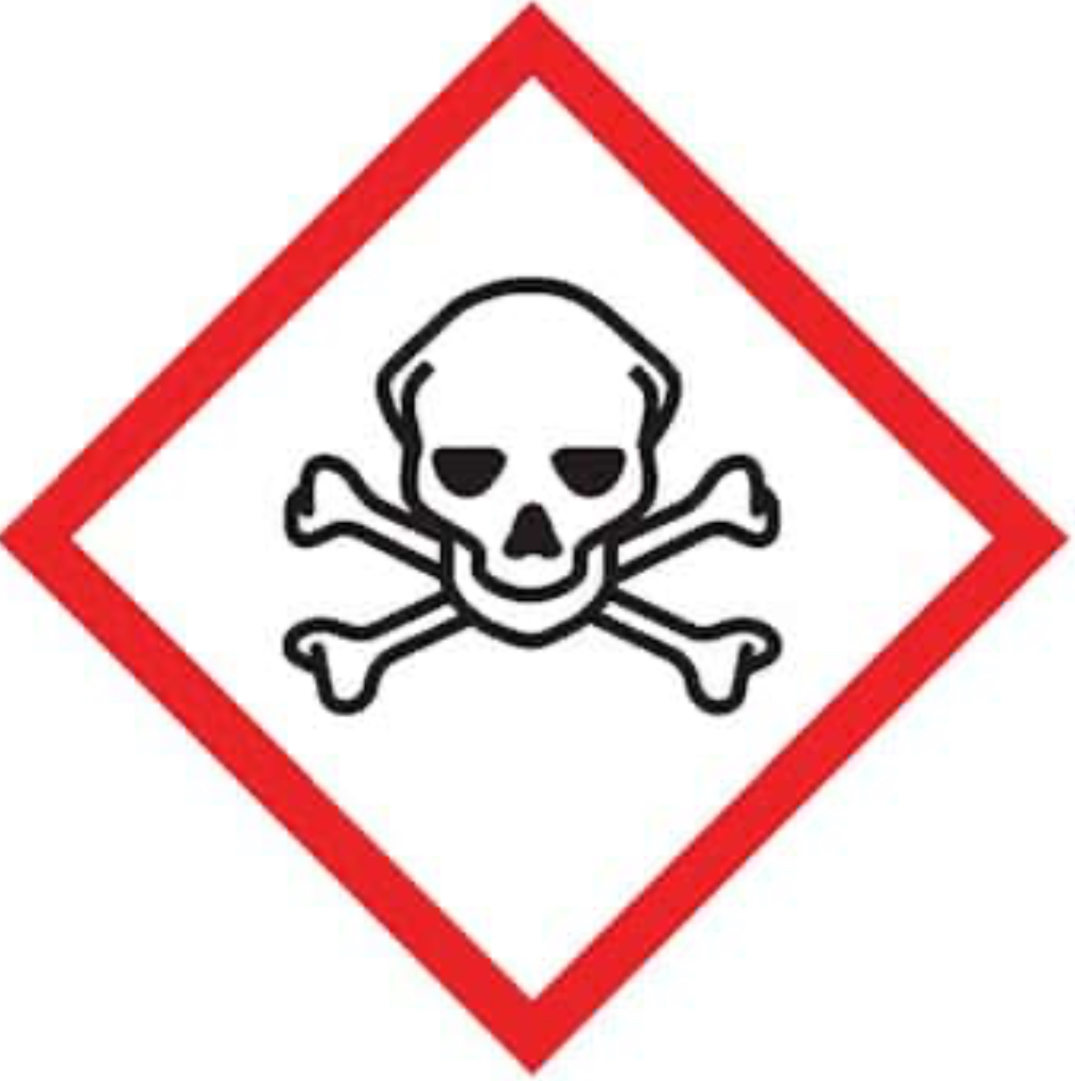
Provide a name, description and precautions/equipment
Name: Acute Toxicity/Skull and Crossbones
Description: Materials that are poisonous and causes immediate and serious or fatal effects.
Precautions/Equipment: Avoid contact, work in well ventilated area, wash hands after use, goggles, gloves, mask, lab coat.
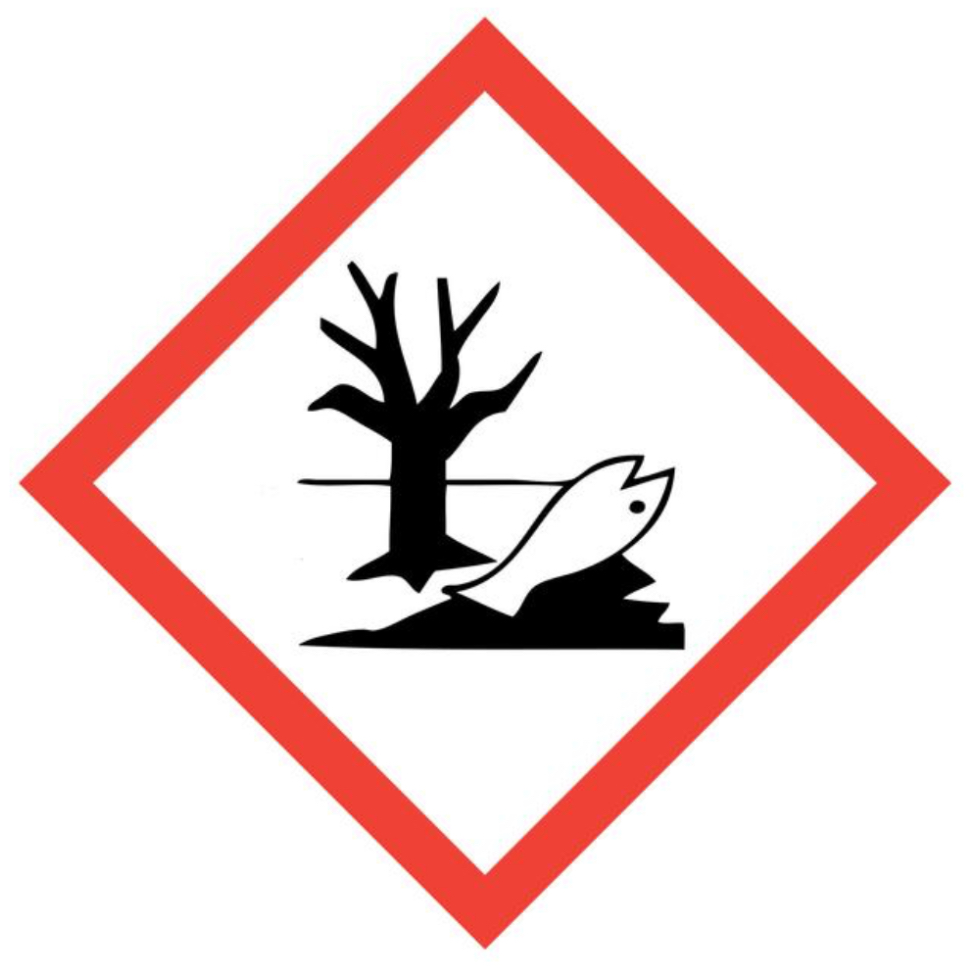
Provide a name, description and precautions/equipment
Name: Environmental Hazard
Description: Materials that lead to environmental damage, particularly to aquatic environments and the ozone layer.
Precautions/Equipment: Use proper disposal containers, goggles.
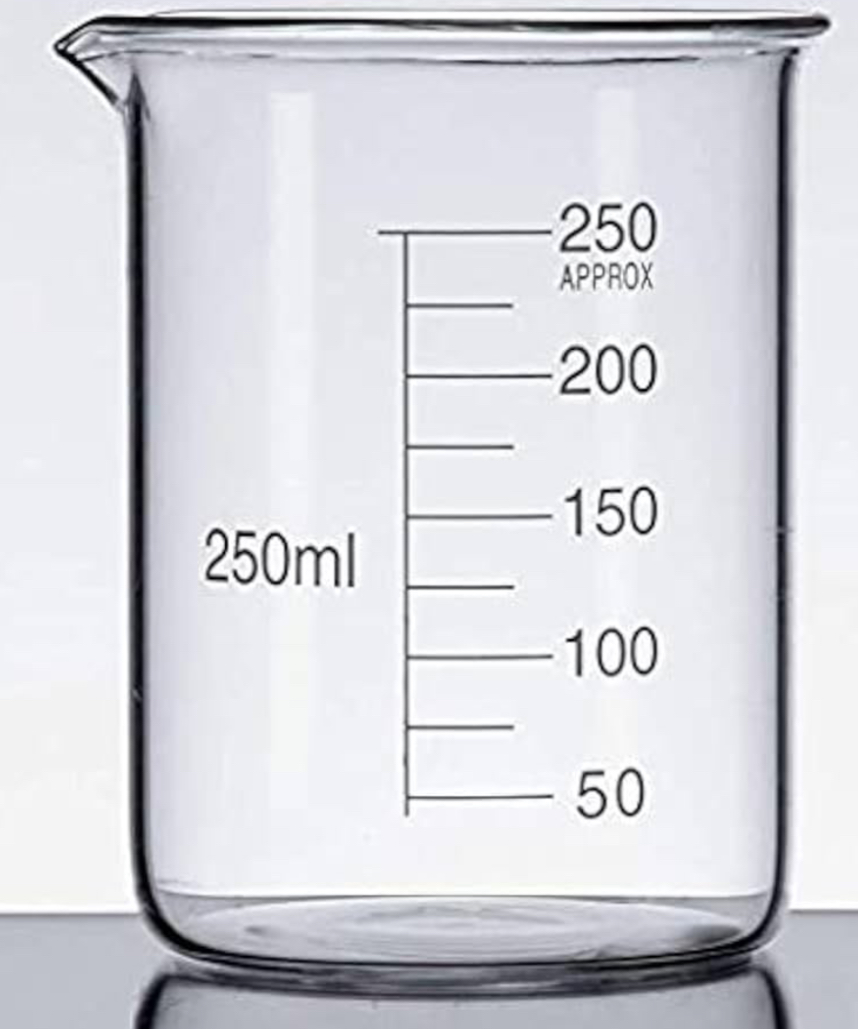
Provide a name and description
Name: Beaker
Used to hold, mix, measure, and heat liquids.
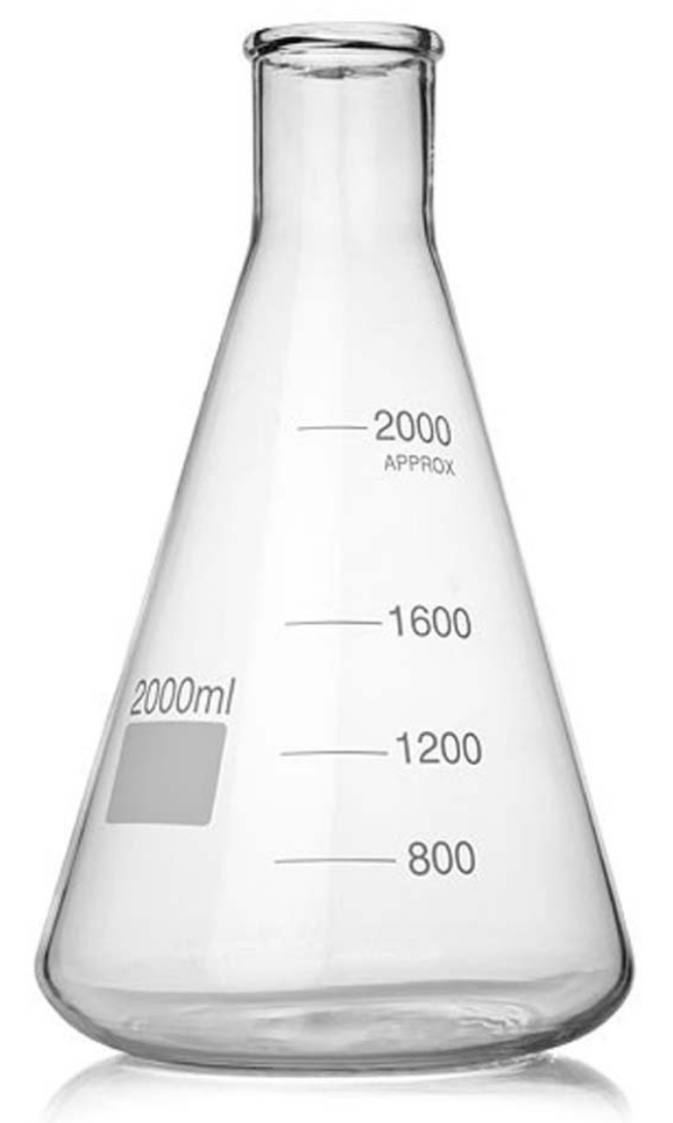
Provide a name and description
Name: Erlenmeyer Flask
Used to hold, mix, measure, capture gases, and filter liquids.
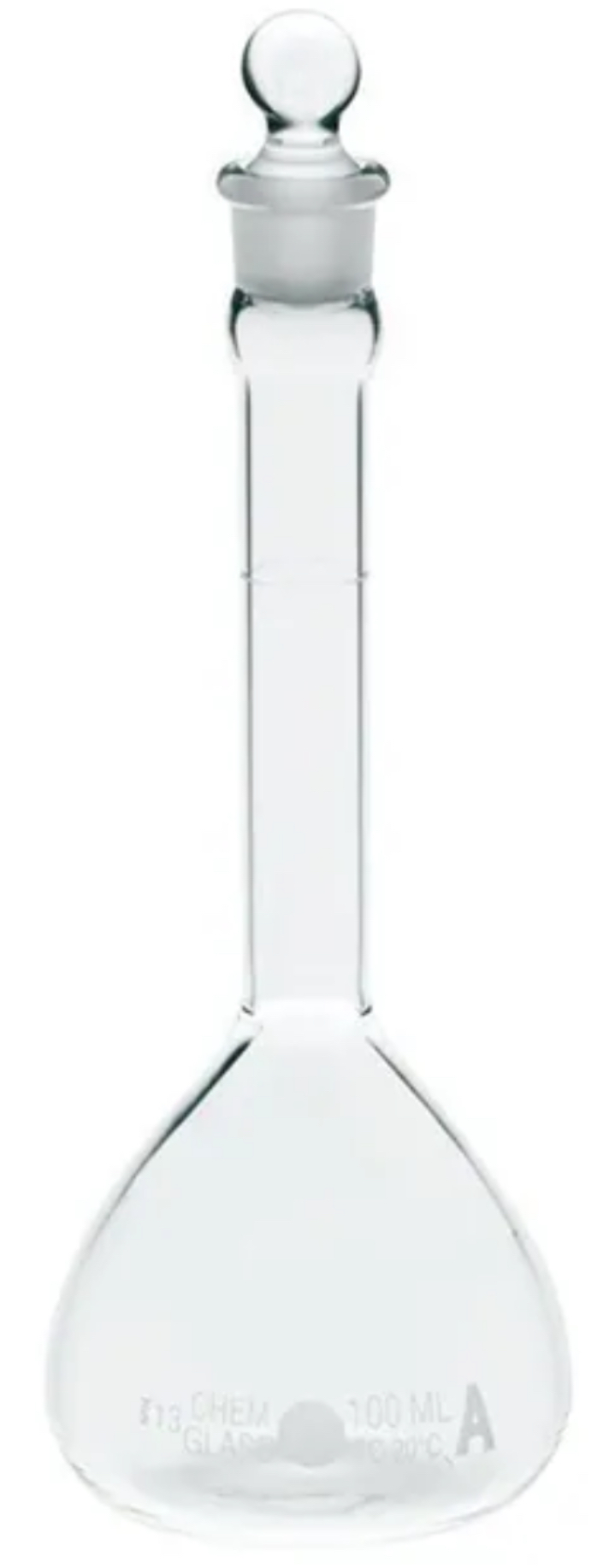
Provide a name and description
Name: Volumetric Flask
Used to create precise concentrations of solutions.
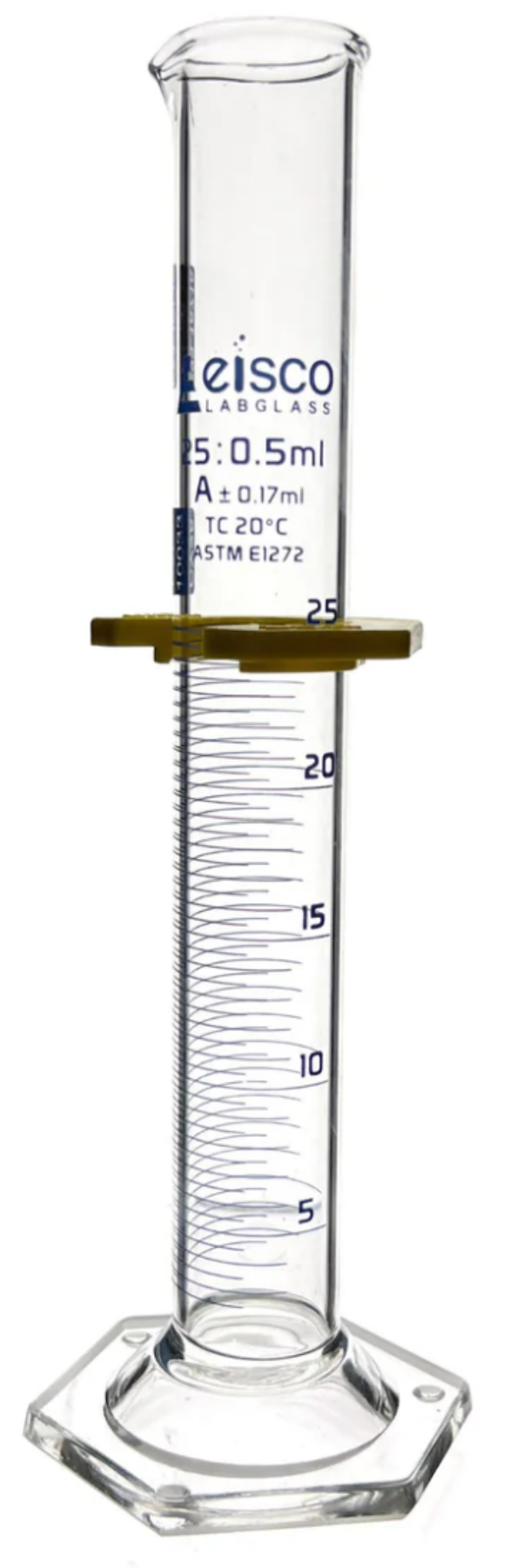
Provide a name and description
Name: Graduated Cylinder
Used to measure precise amounts of liquids.

Provide a name and description
Name: Test Tube
Used to observe small reactions.
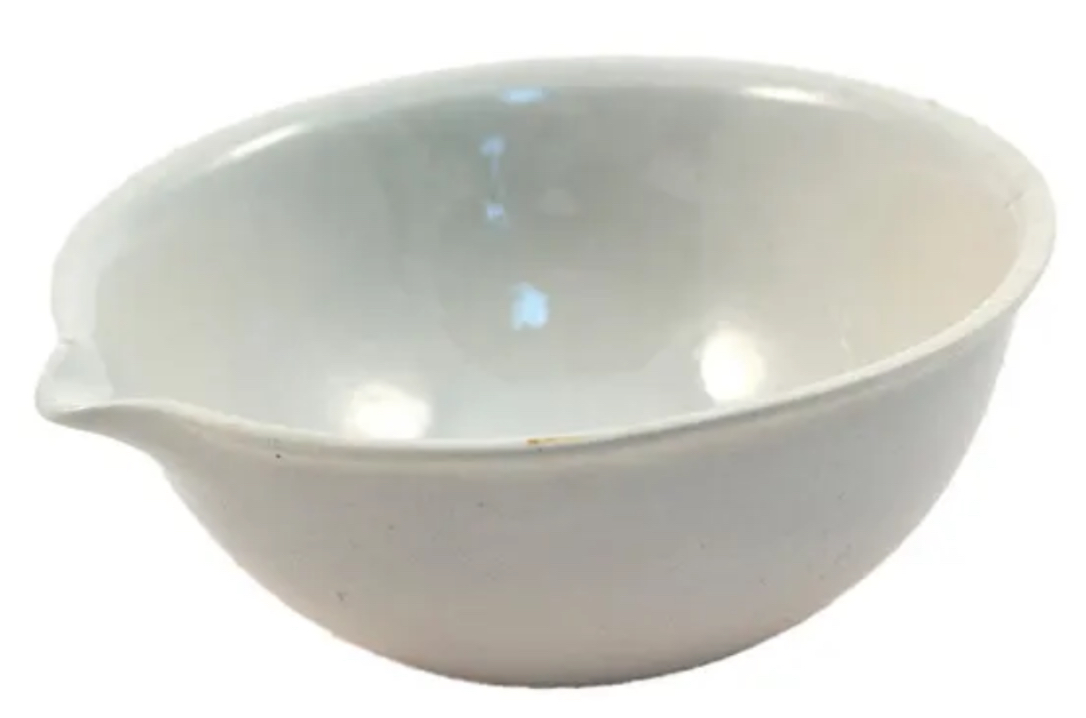
Provide a name and description
Name: Evaporating Dish
Used to evaporate liquids to retain solids.
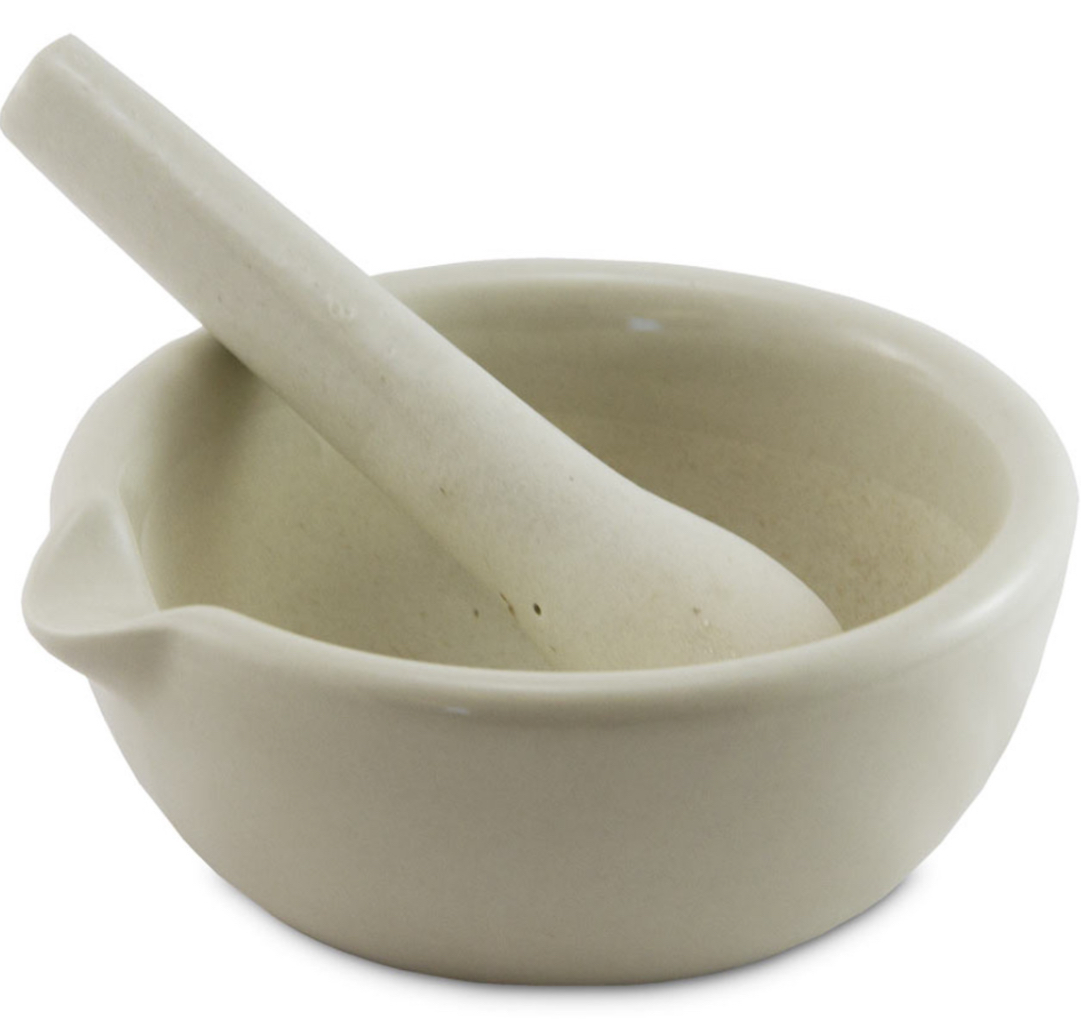
Provide a name and description
Name: Mortar and Pestle
Used to crush solids into powders.
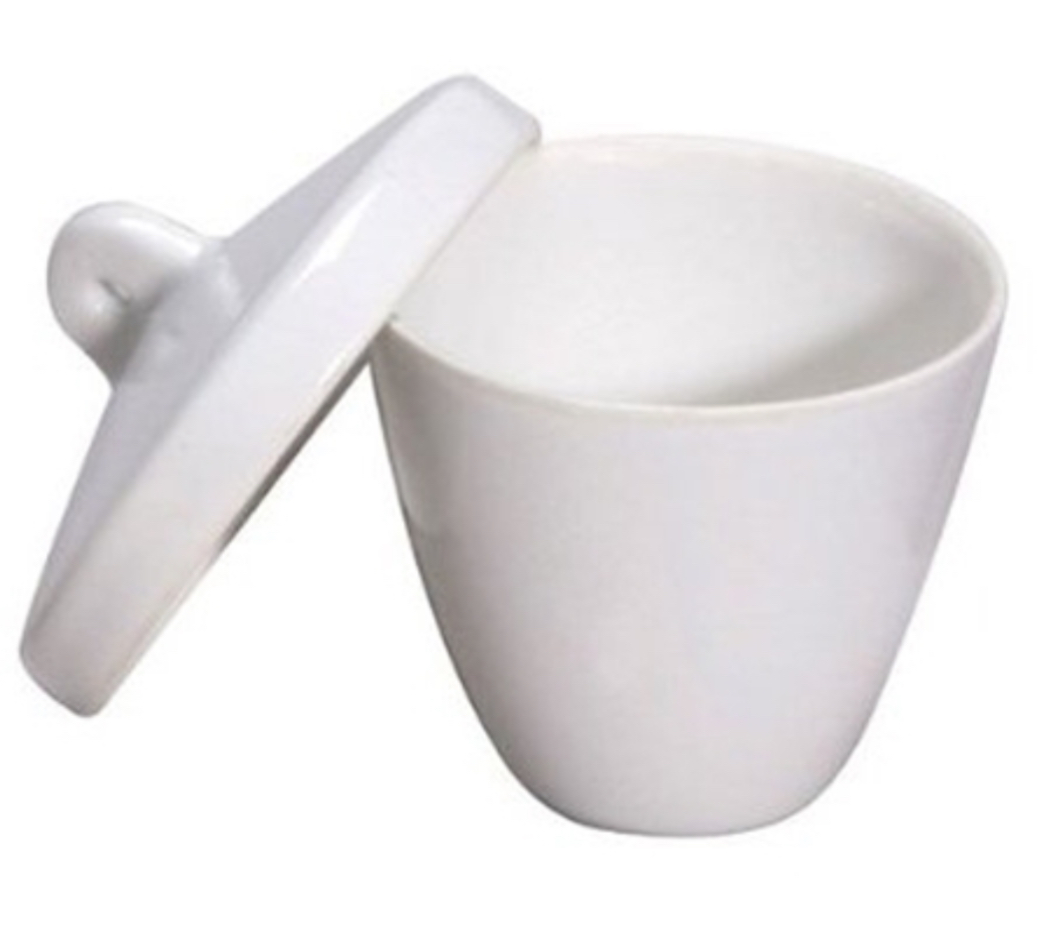
Provide a name and description
Name: Crucible and lid
Used to heat substances over a Bunsen burner.
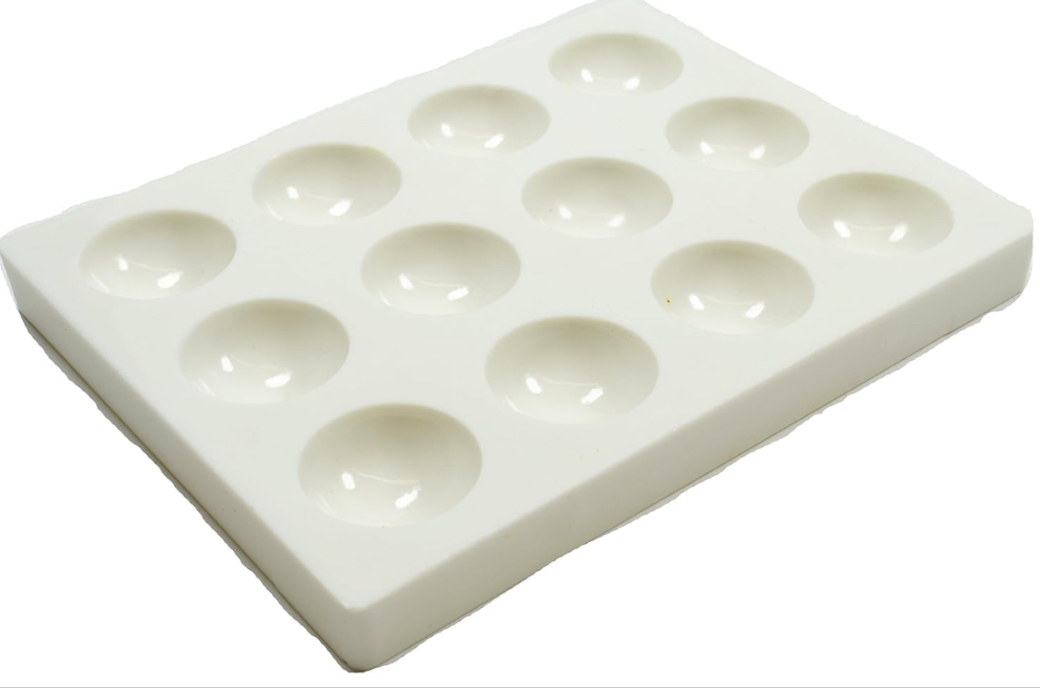
Provide a name and description
Name: Spot Plate
Used to observe small reactions.
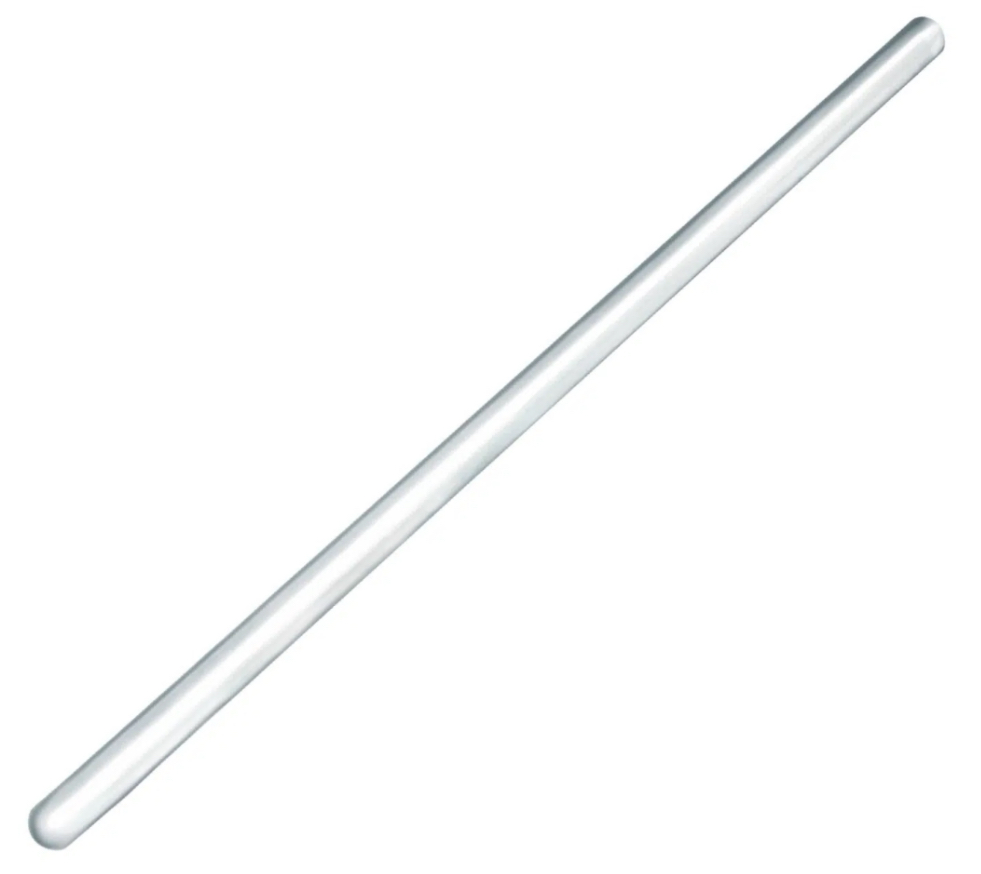
Provide a name and description
Name: Glass stirring rod
Used to stir substances.
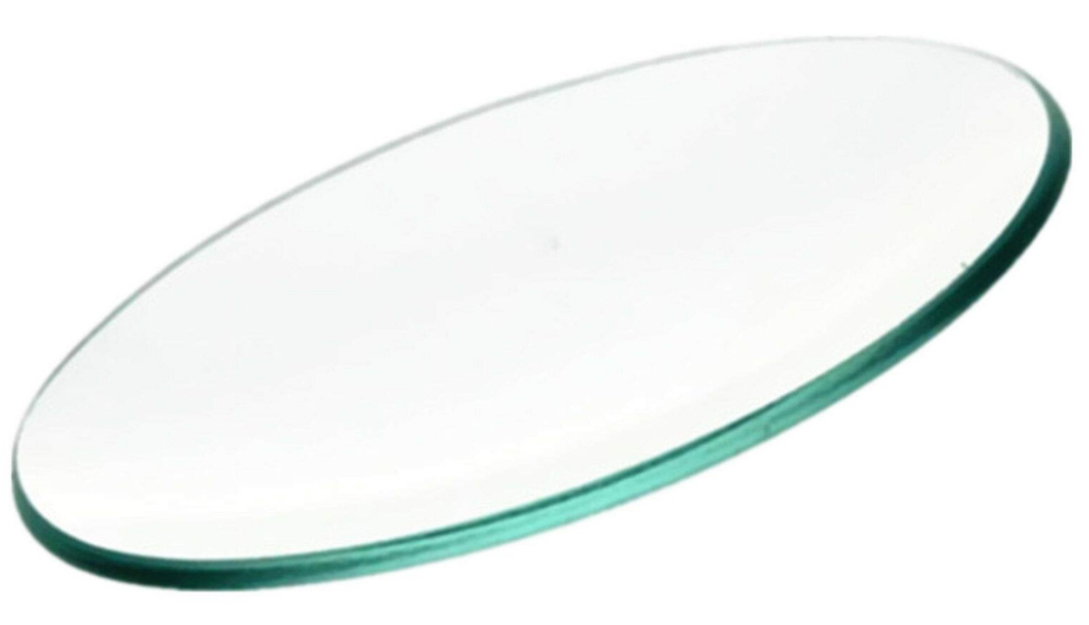
Provide a name and description
Name: Watch glass
Used to observe small reactions.
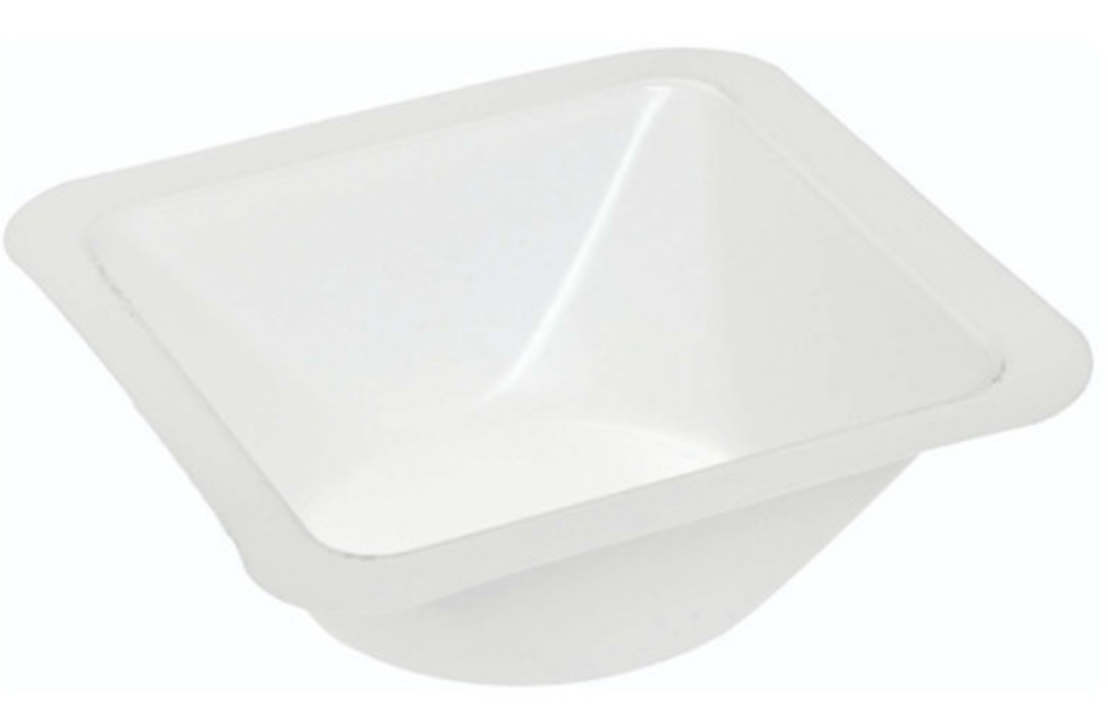
Provide a name and description
Name: Weigh boat
Used to measure the mass of solids.
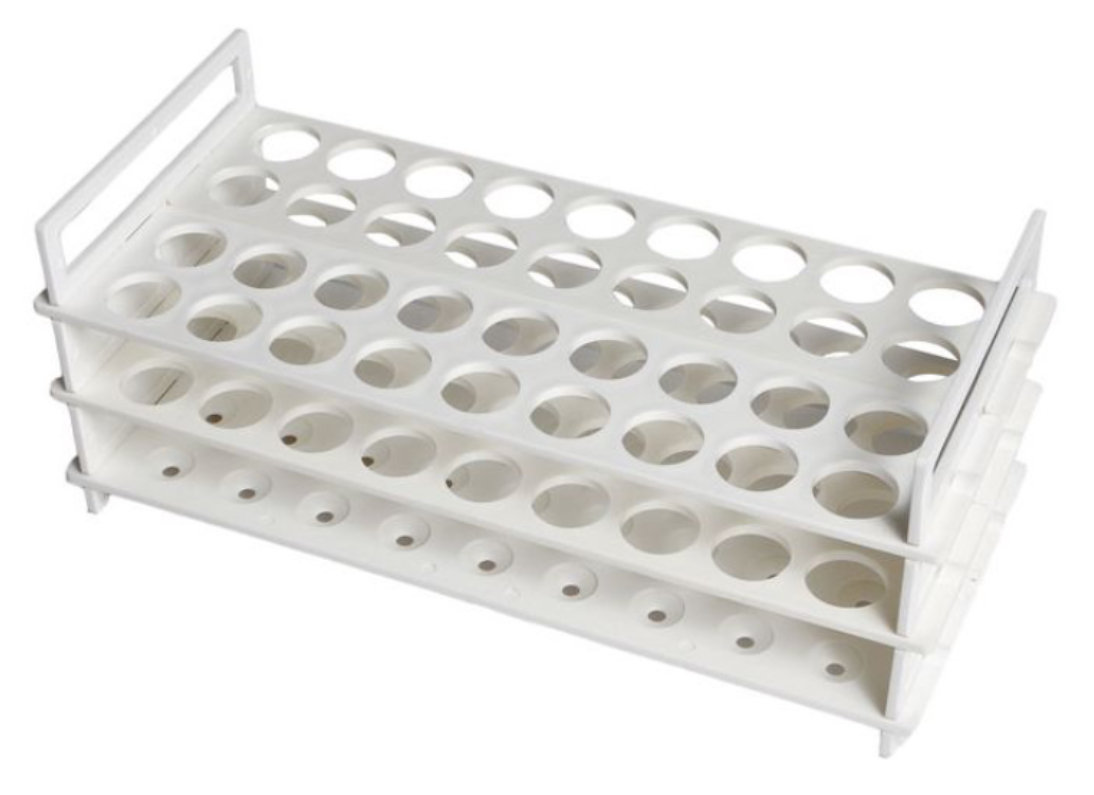
Provide a name and description
Name: Test tube rack
Used to store or hold test tubes.
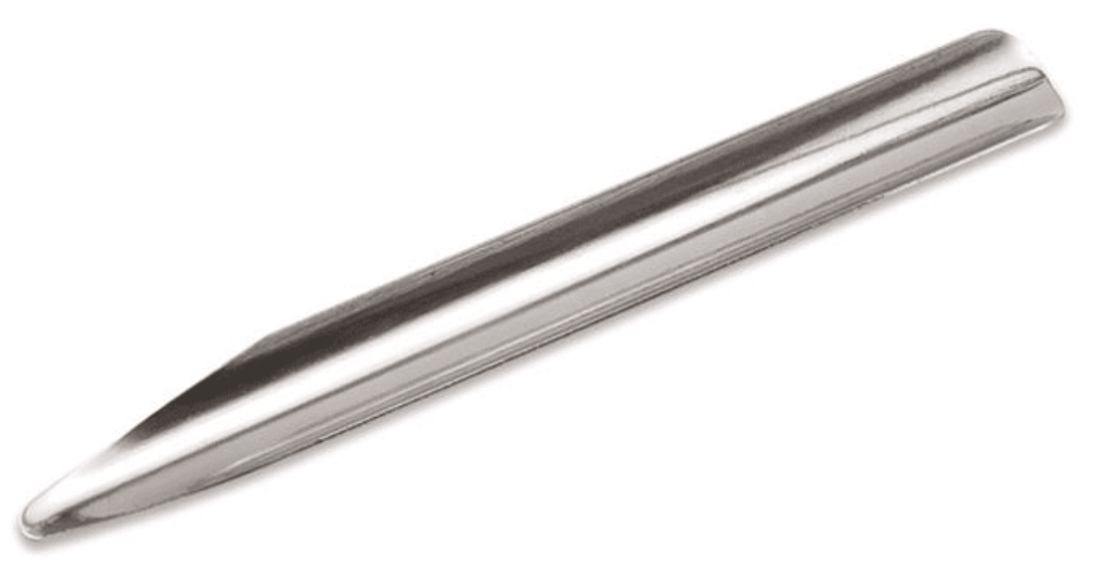
Provide a name and description
Name: Scoopula
Used to add small amounts of solids.
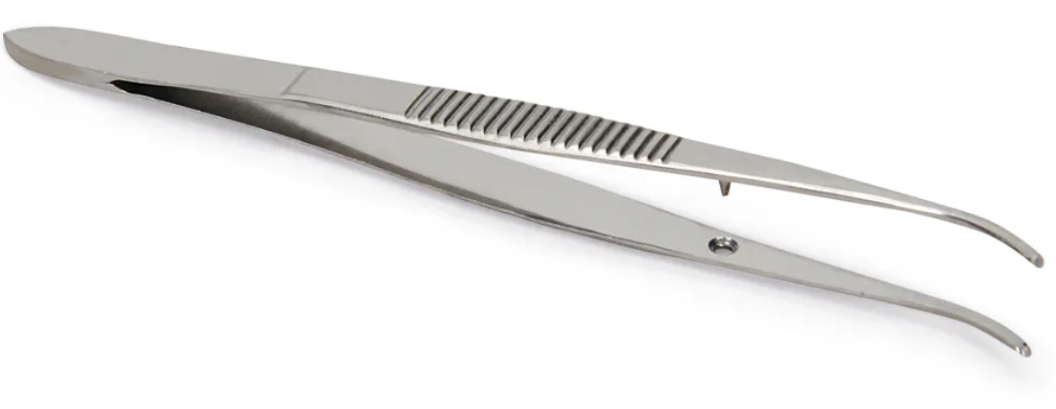
Provide a name and description
Name: Forceps/Tweezers
Used to pick up small or reactive pieces of chemicals.
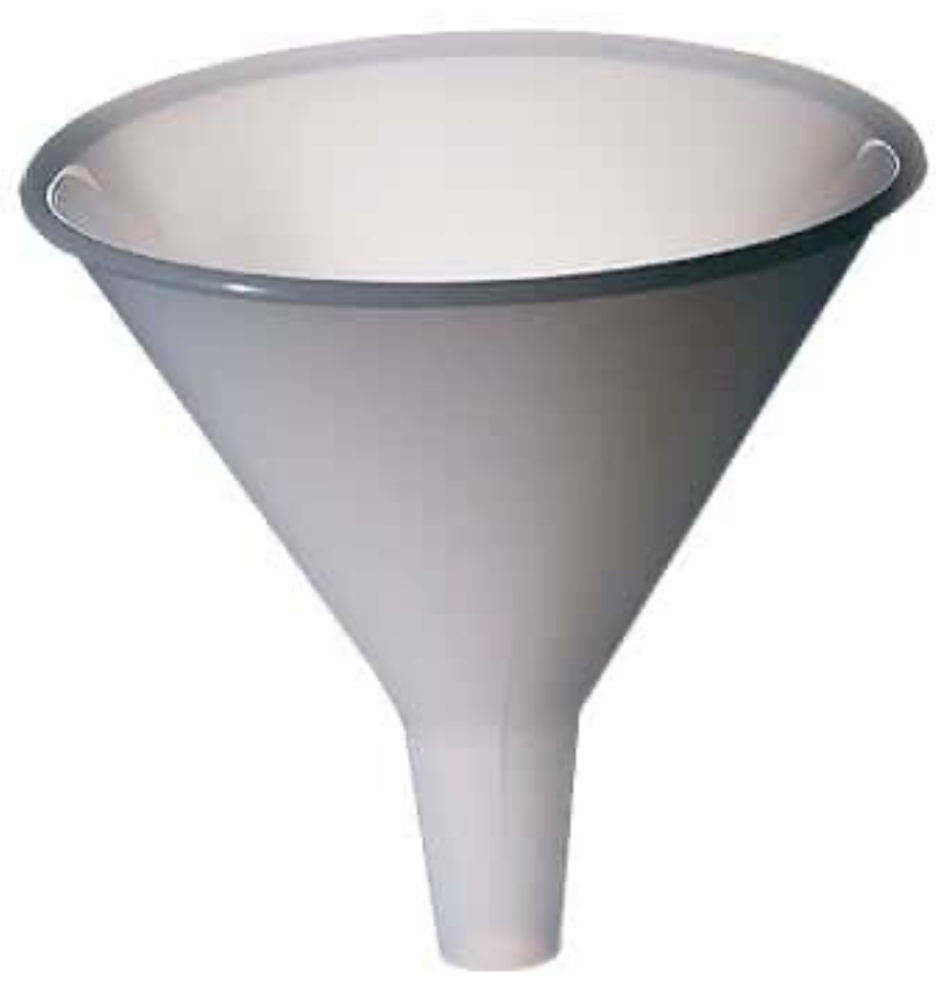
Provide a name and description
Name: Funnel
Used to filter solids from liquids.
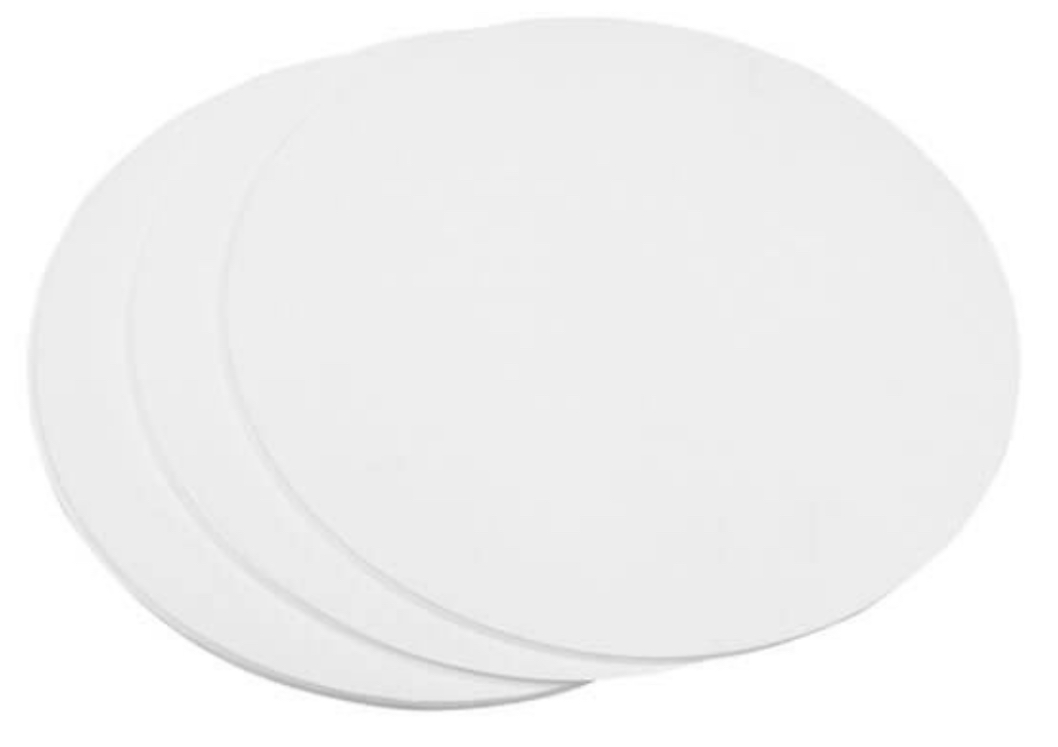
Provide a name and description
Name: Filter paper
Used to filter solids from liquids.
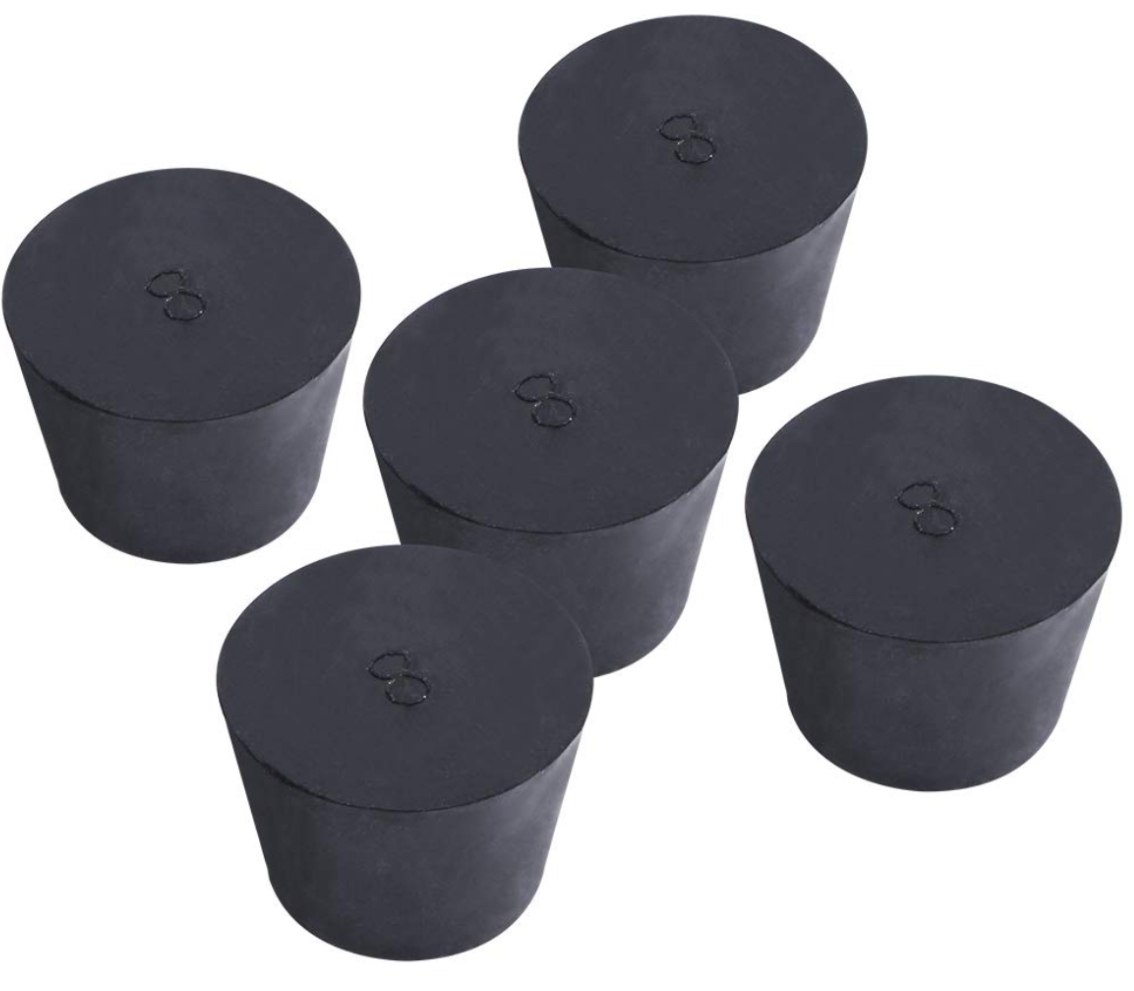
Provide a name and description
Name: Rubber Stoppers
Used to capture gasses in test tubes or Erlenmeyer flasks.
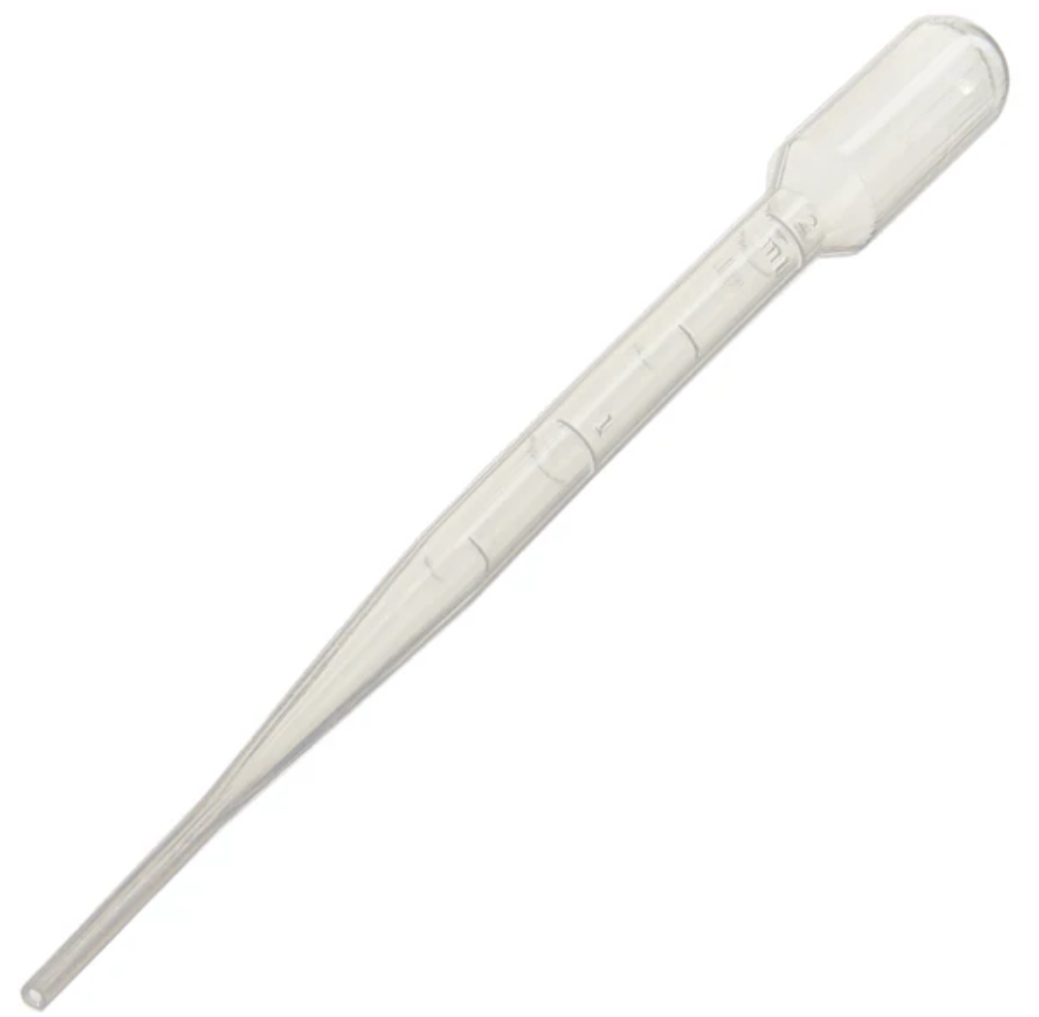
Provide a name and description
Name: Pipette/Dropper
Used to add small amounts of liquids.
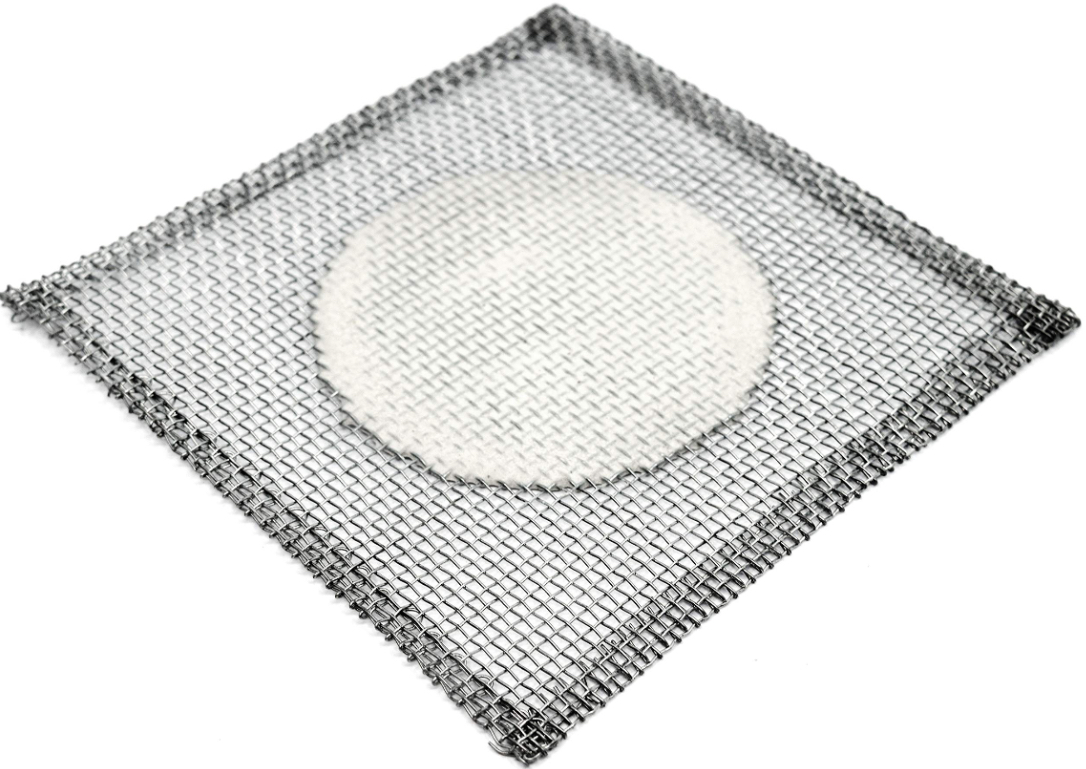
Provide a name and description
Name: Wire Gauze
Used to heat substances over a Bunsen burner.
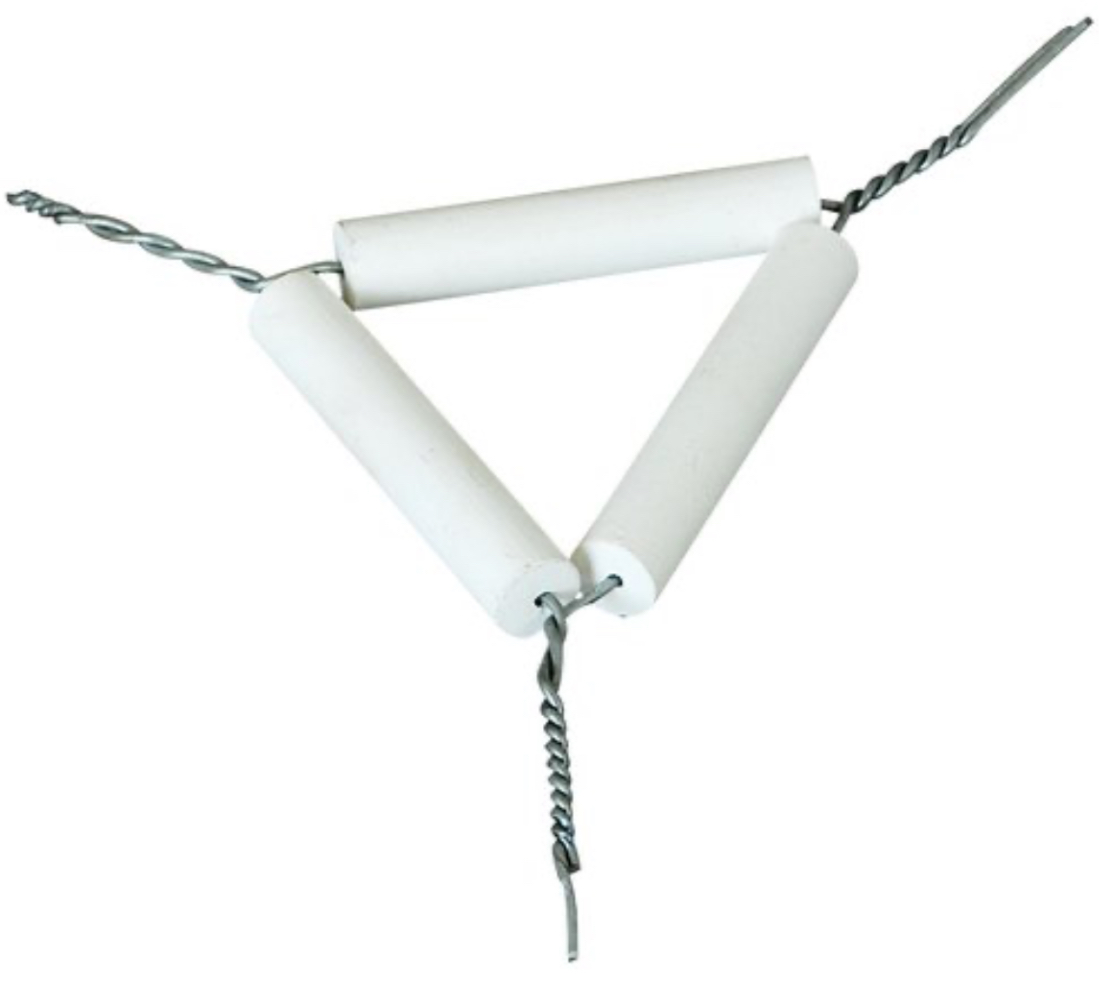
Provide a name and description
Name: Clay Triangle
Used to heat substances over a Bunsen burner.
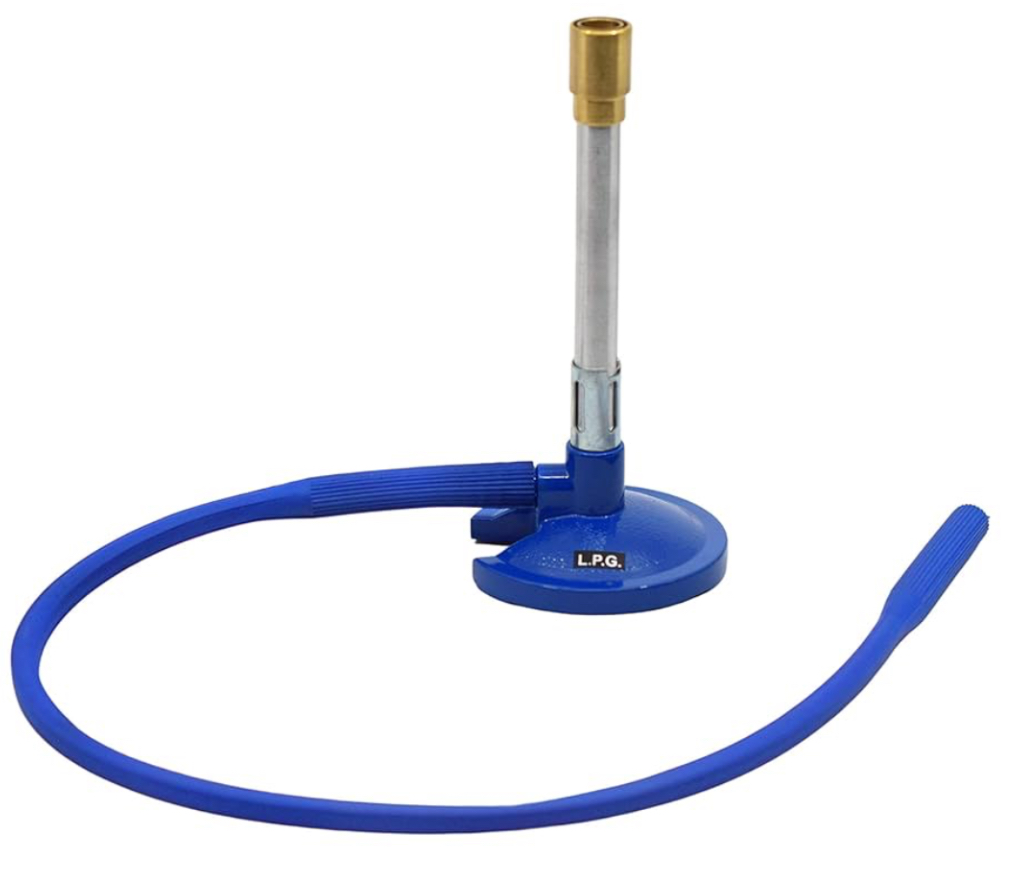
Provide a name and description
Name: Bunsen burner
Used to heat or burn substances.
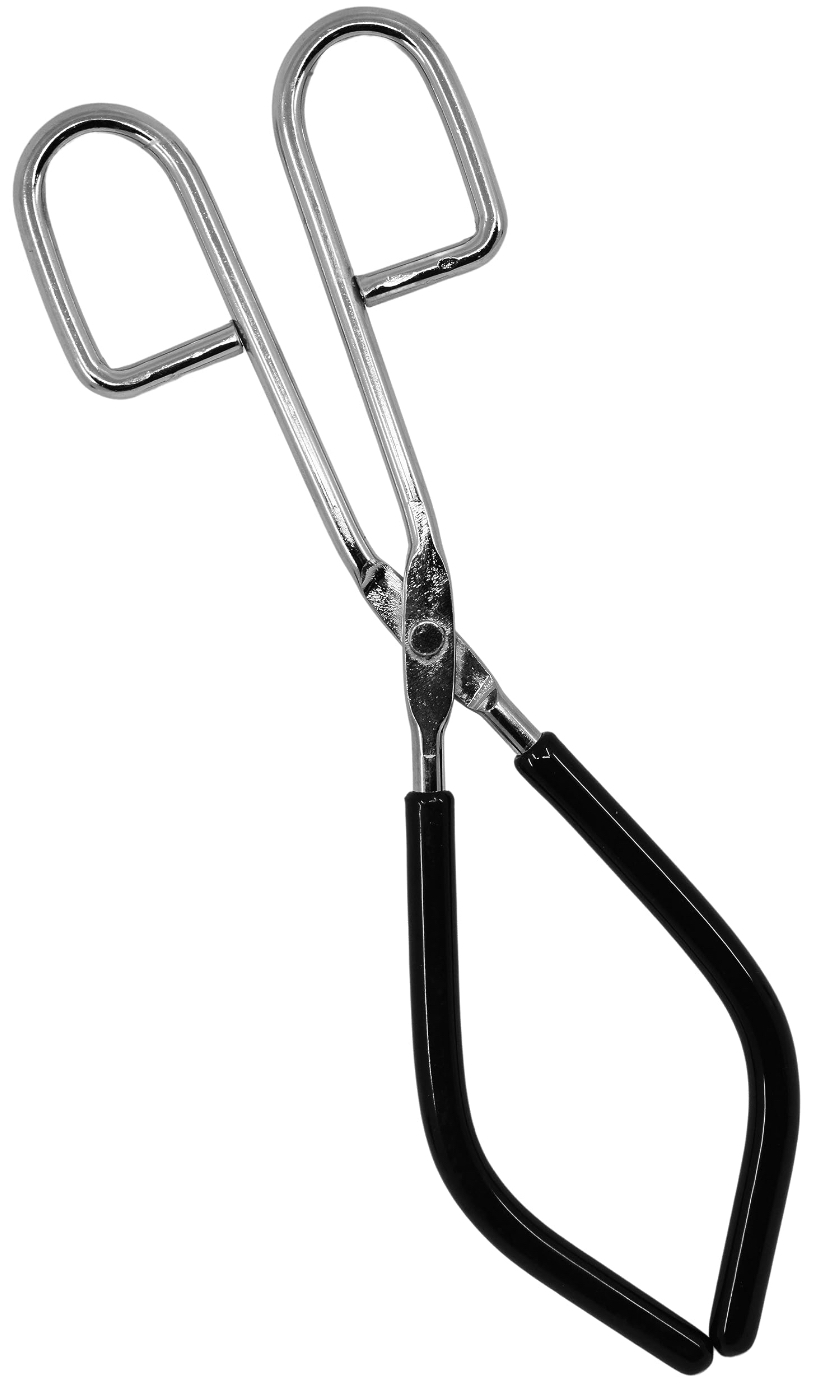
Provide a name and description
Name: Beaker Tongs
Used to pick up hot equipment.

Provide a name and description
Name: Burnett
Used to titrate solutions to find unknown concentrations.
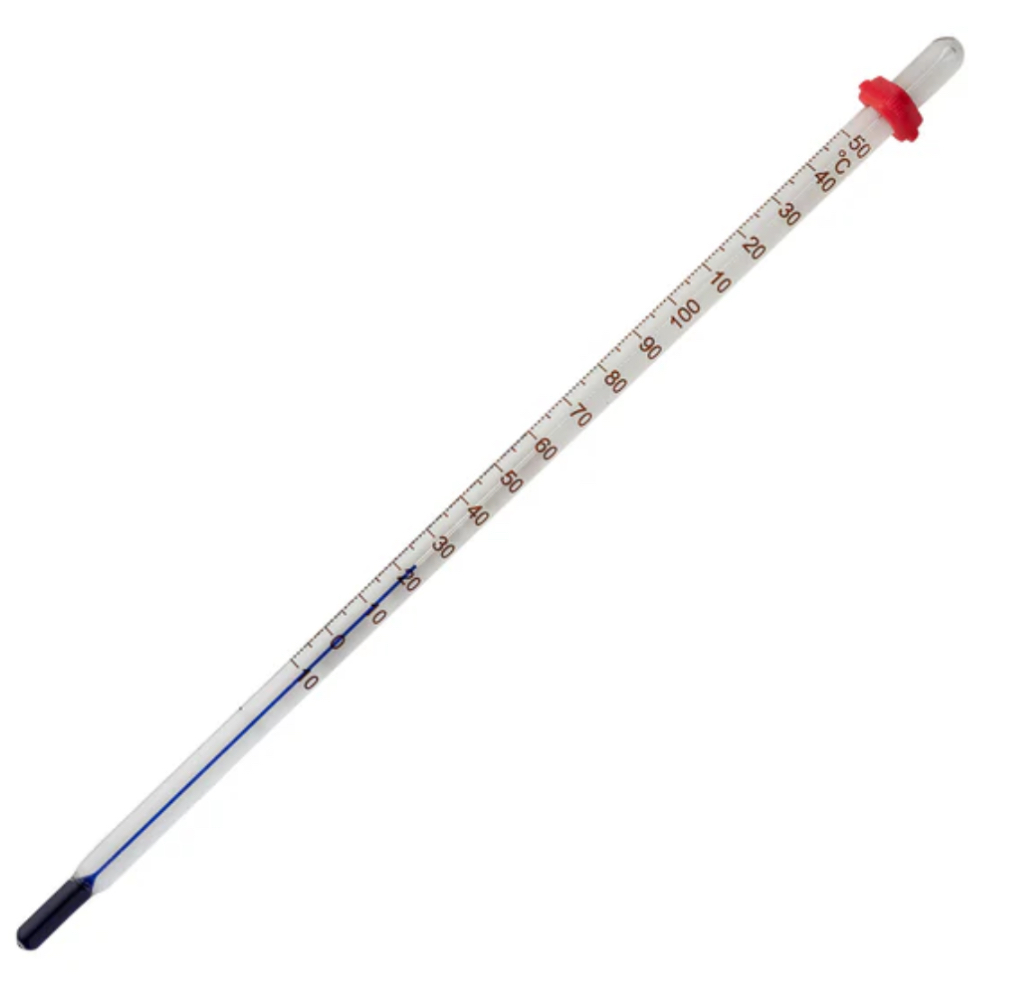
Provide a name and description
Name: Thermometer
Used to measure temperature.
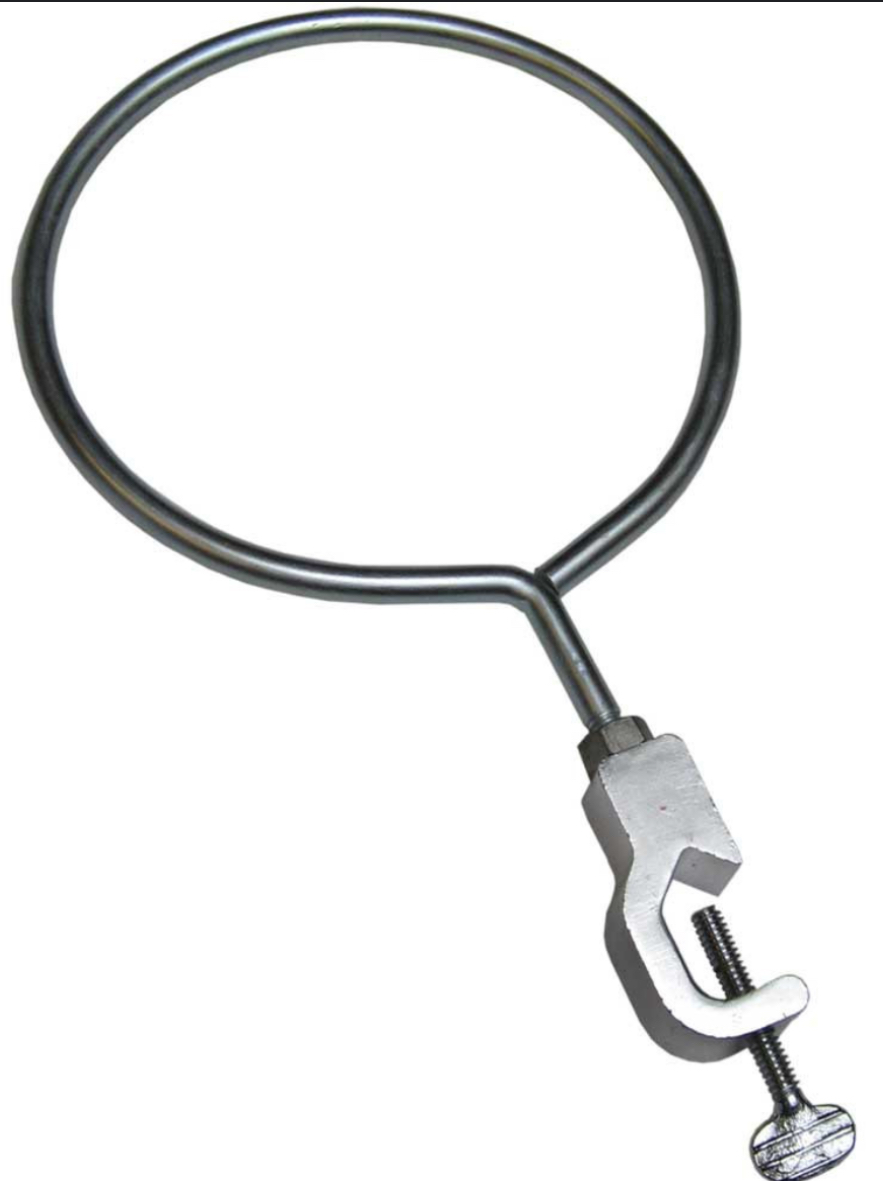
Provide a name and description
Name: Ring Clamp
Used to heat substances over a Bunsen burner.
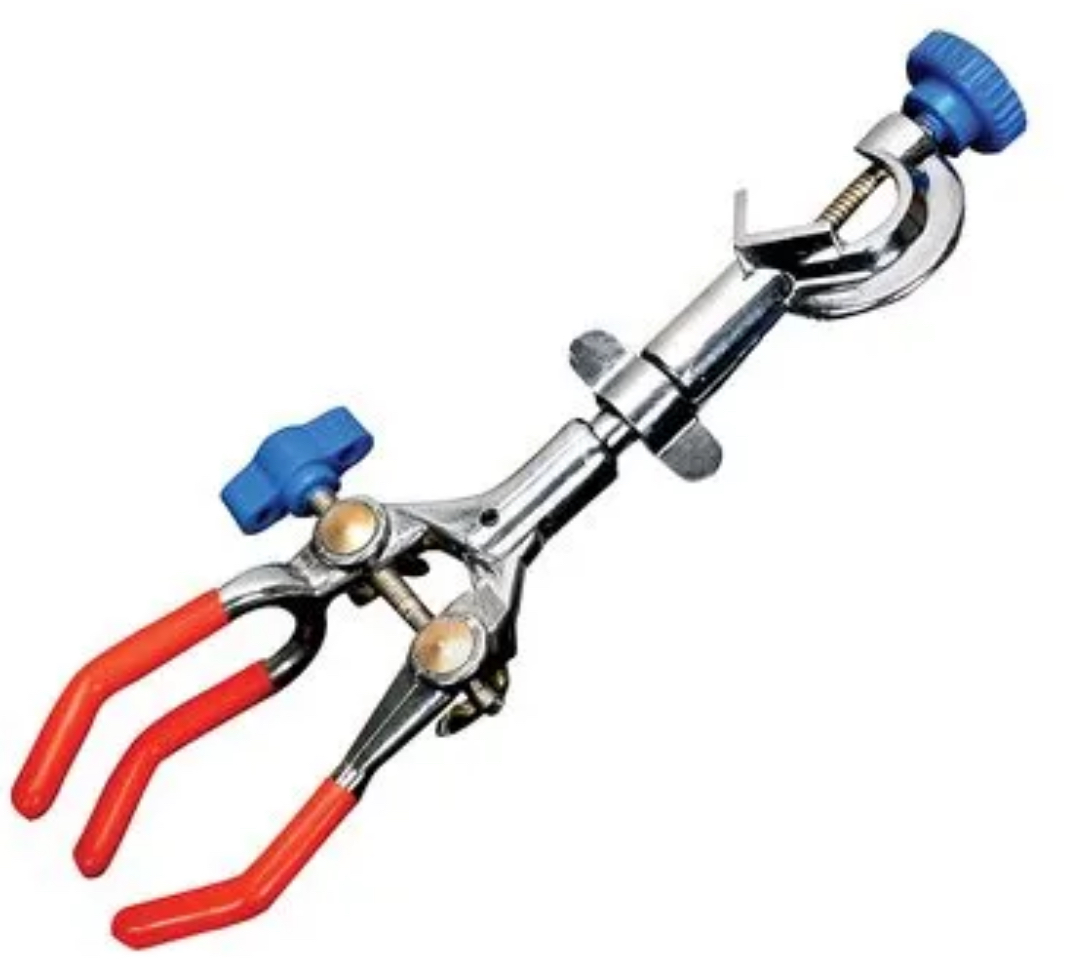
Provide a name and description
Name: Utility Clamp
Used to attach equipment to a retort stand.
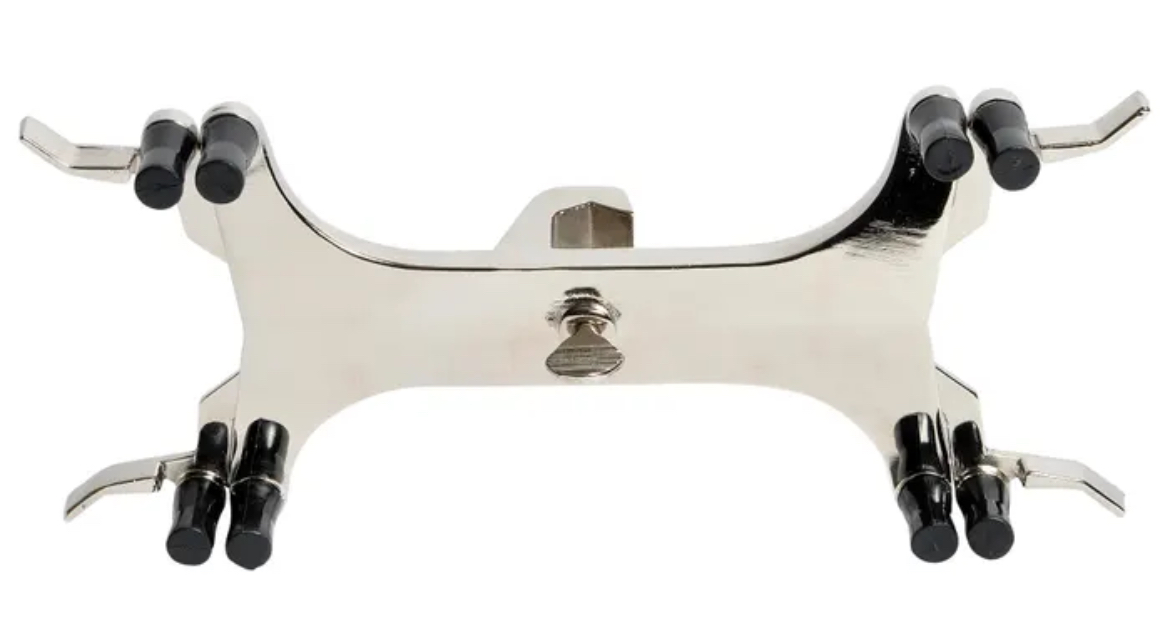
Provide a name and description
Name: Burette Clamp
Used to attach equipment to retort stand.
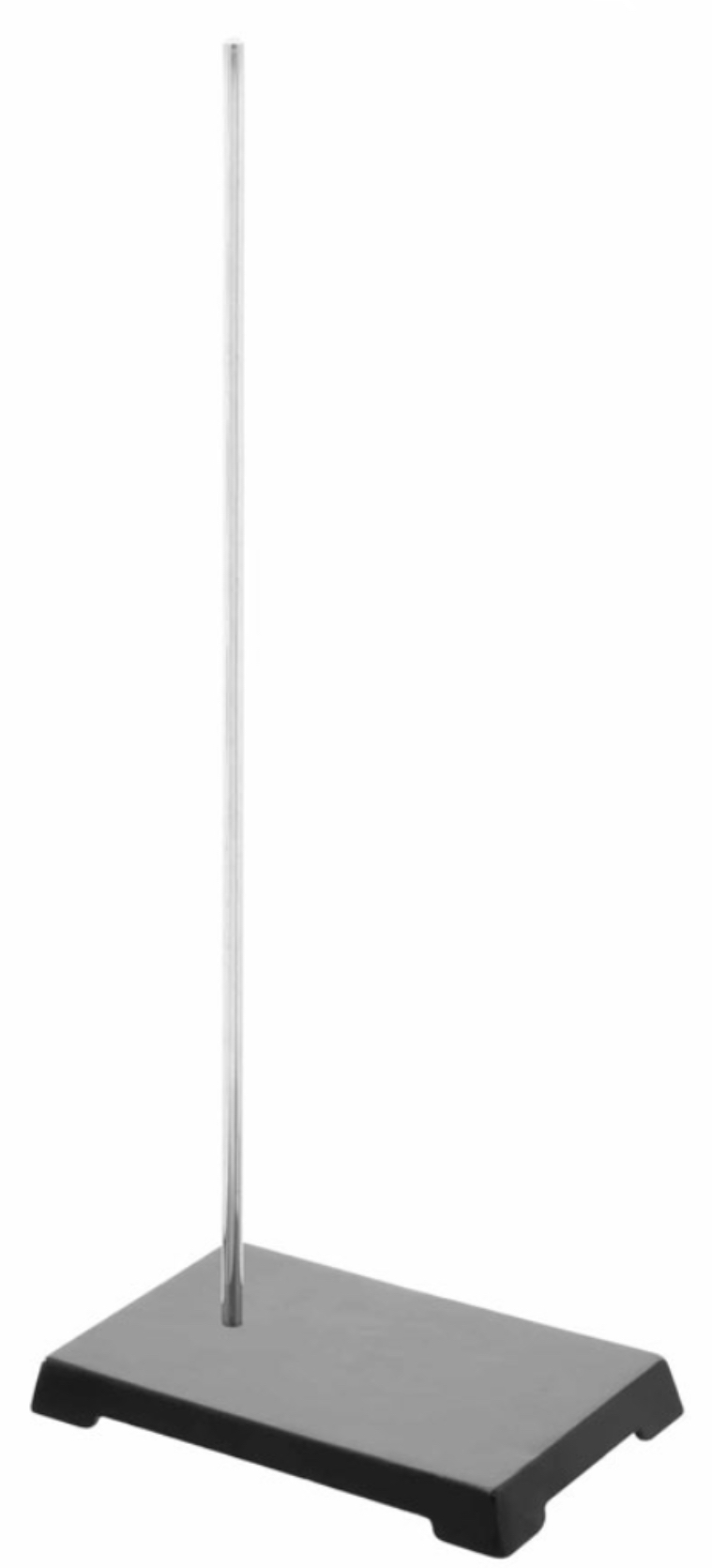
Provide a name and description
Name: Retort stand
Used to hold equipment for heating, filtering, or titrating.
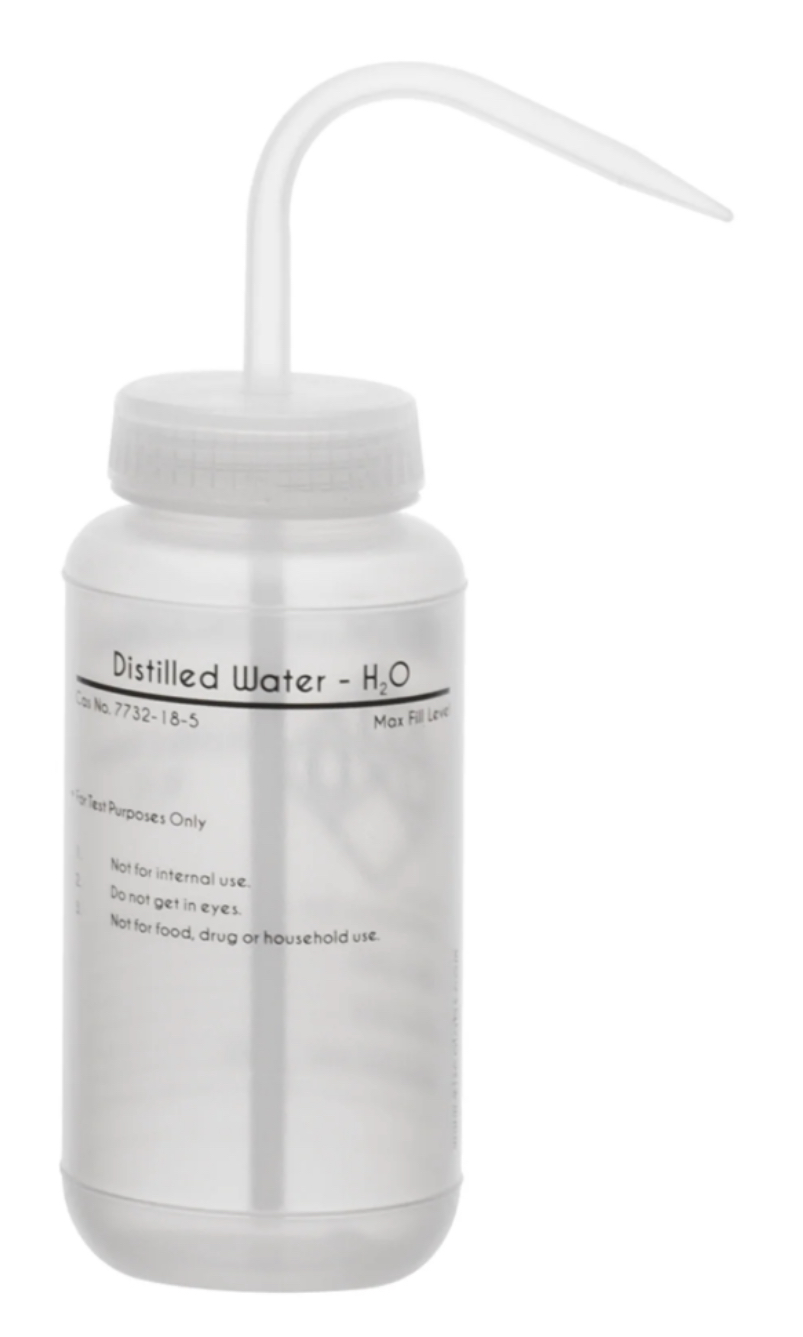
Provide a name and description
Name: Distilled water
Used to dissolve solids without contamination.
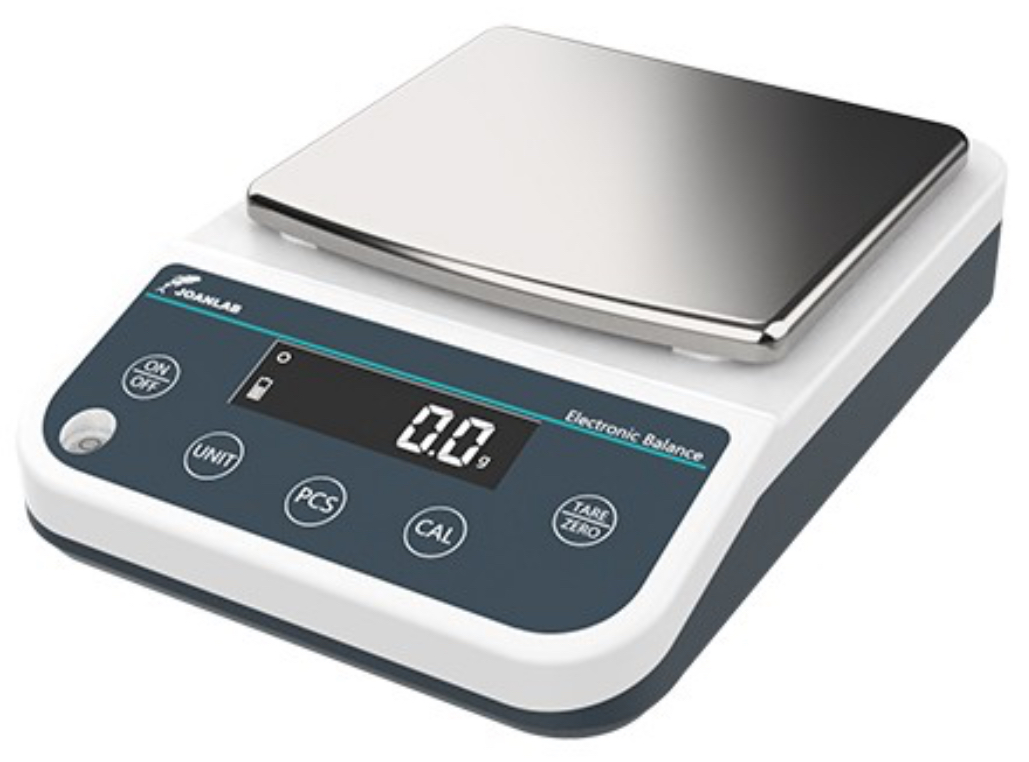
Provide a name and description
Name: Electronic Balance
Used to measure the mass of solids.
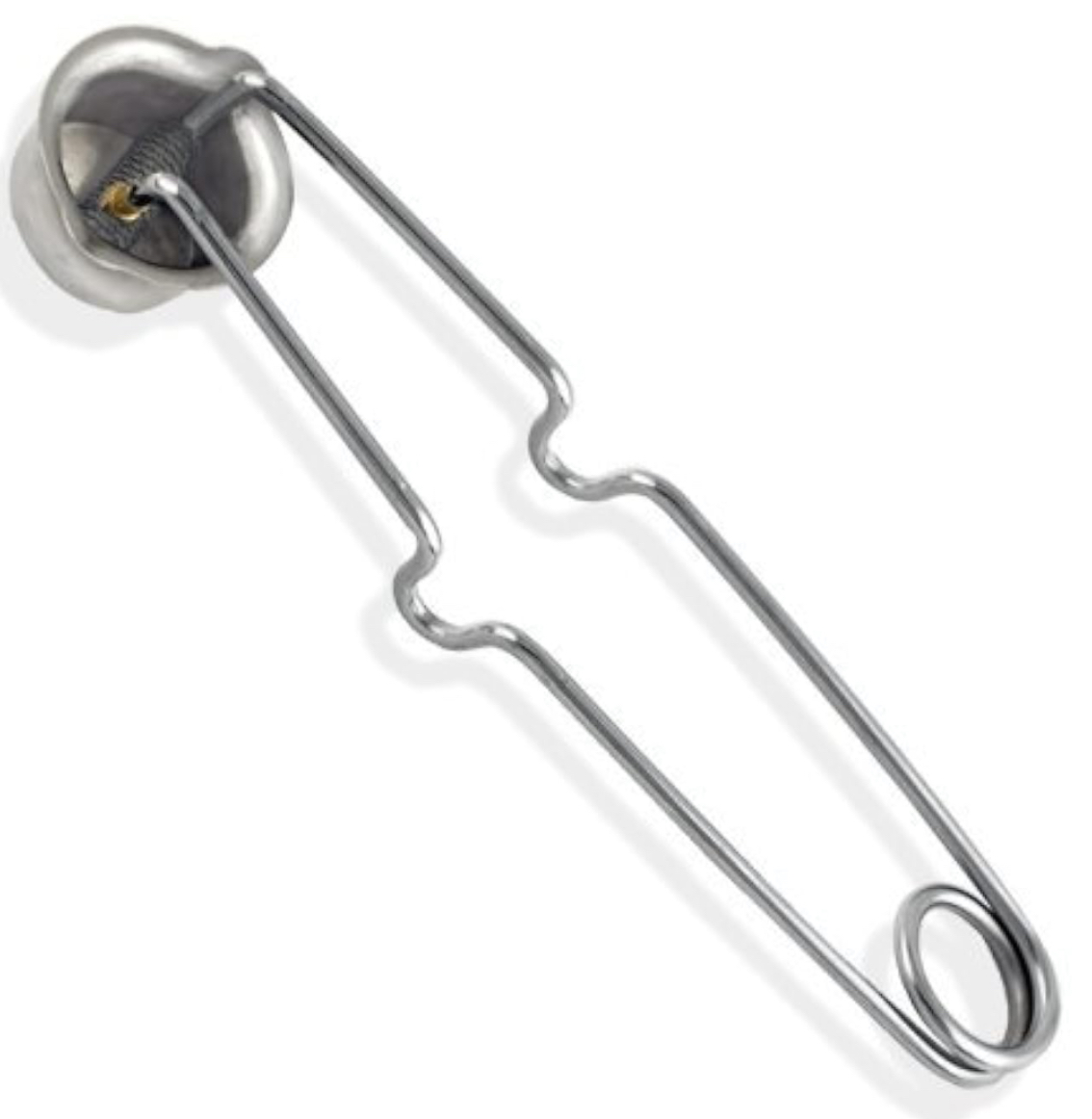
Provide a name and description
Name: Gas Sparker/Flint
Used to light a Bunsen burner.
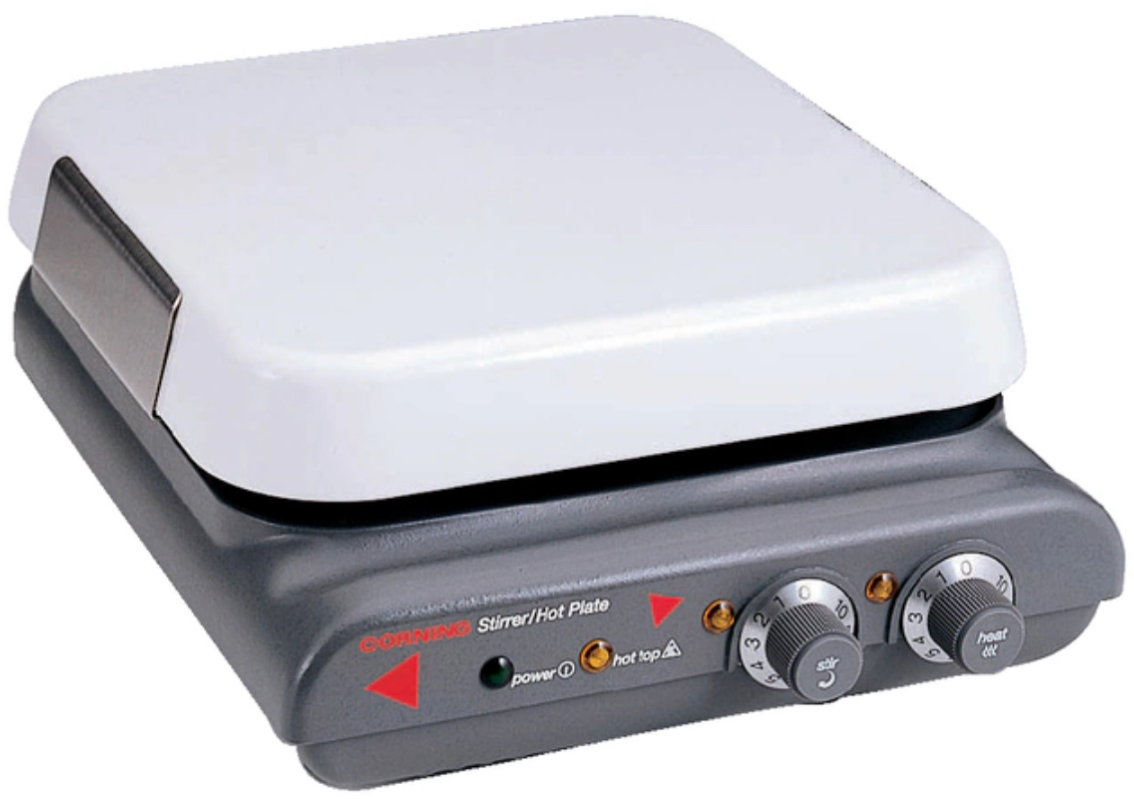
Provide a name and description
Name: Hot Plate
Used to heat solutions and water.
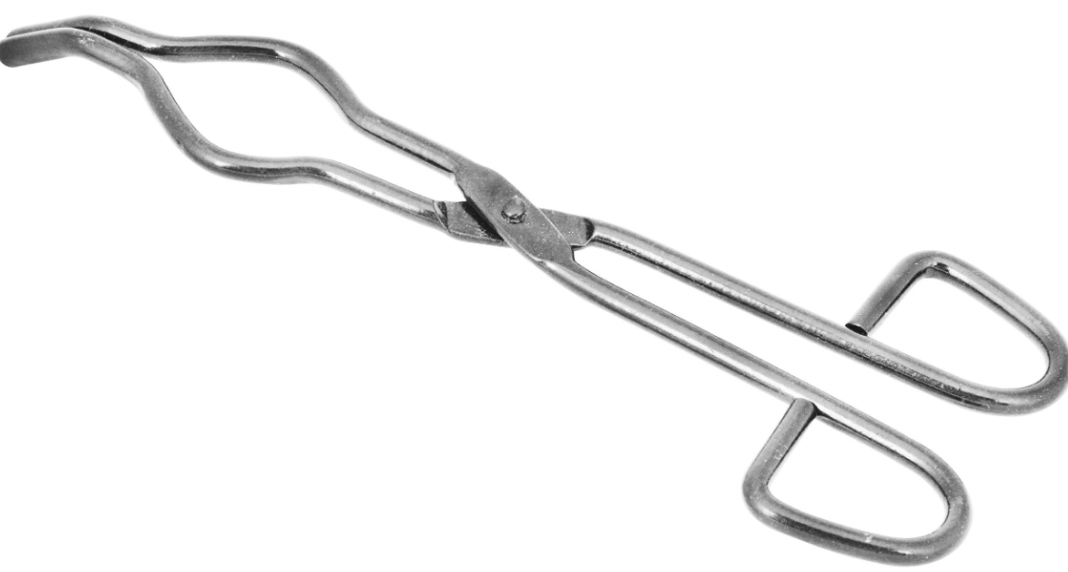
Provide a name and description
Name: Crucible Tongs
Used to pick up hot equipment.
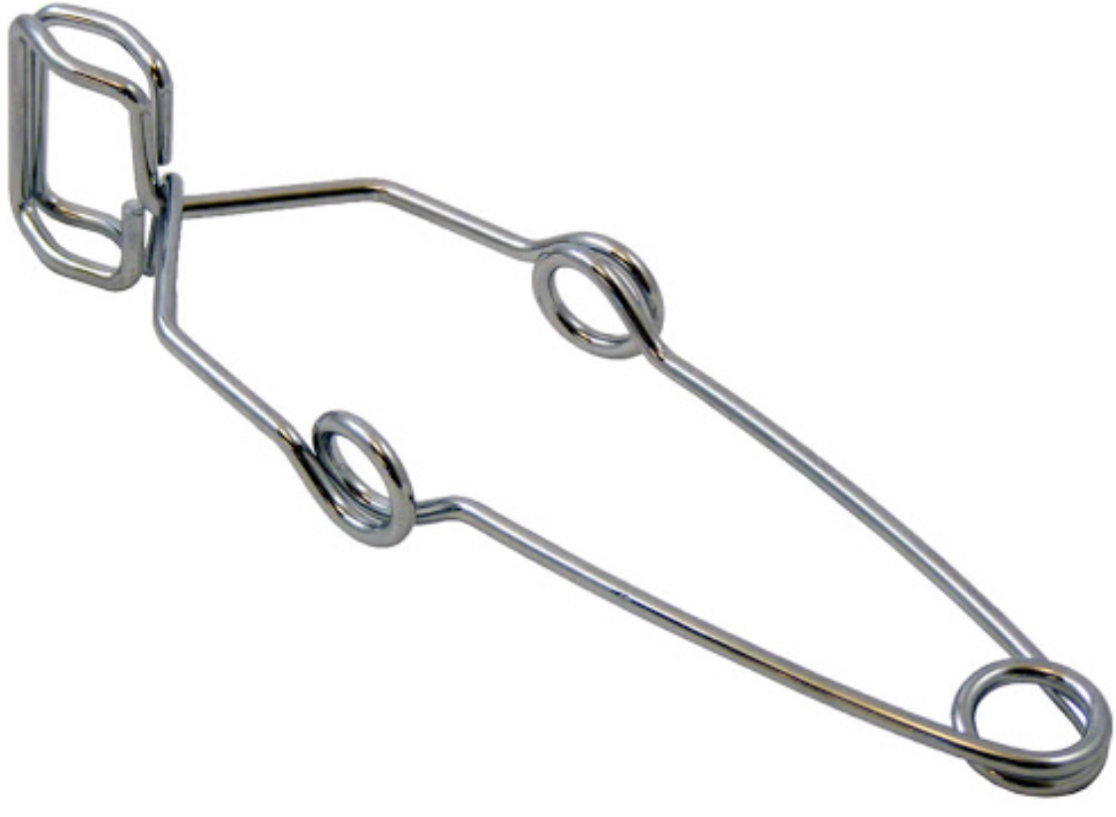
Provide a name and description
Name: Test Tube Tongs
Used to pick up hot equipment.
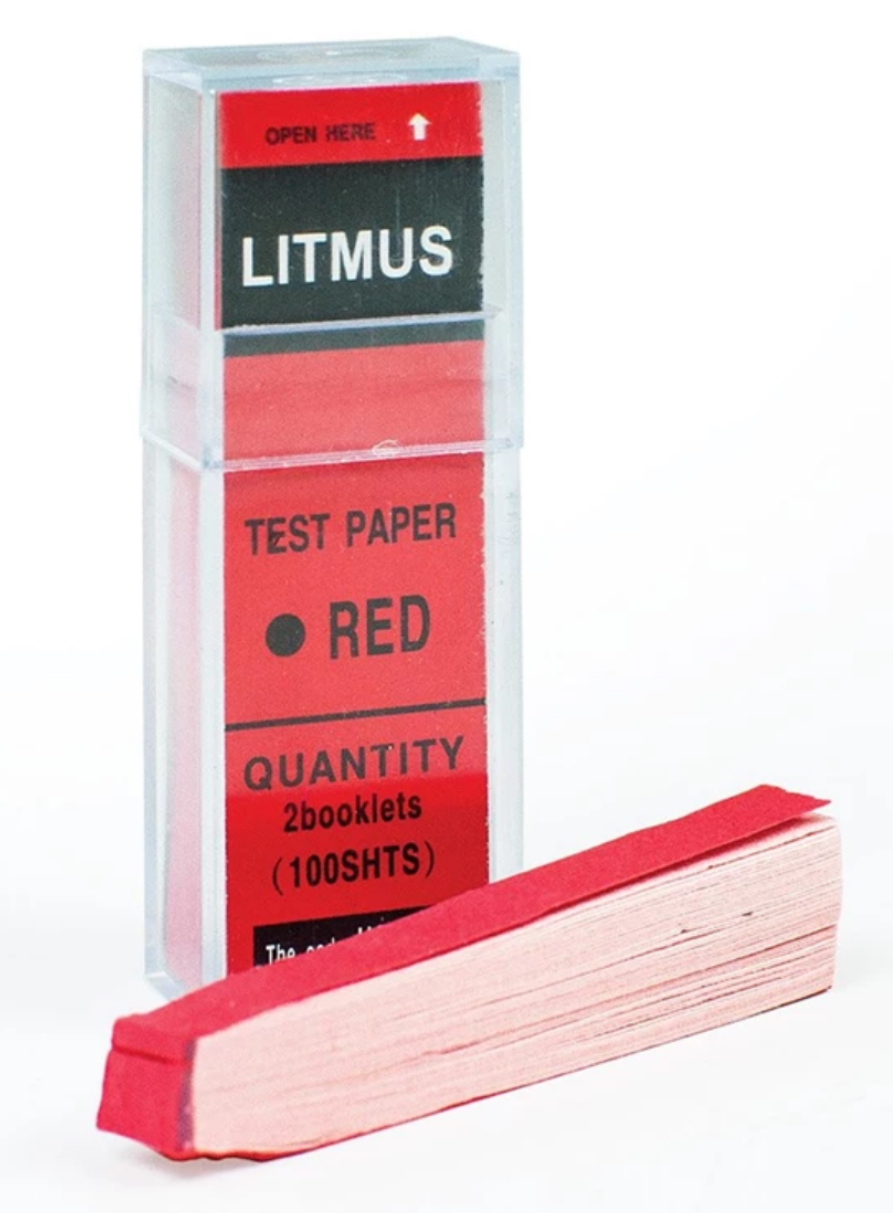
Provide a name and description
Name: Litmus paper
Used to find pH of a substance.
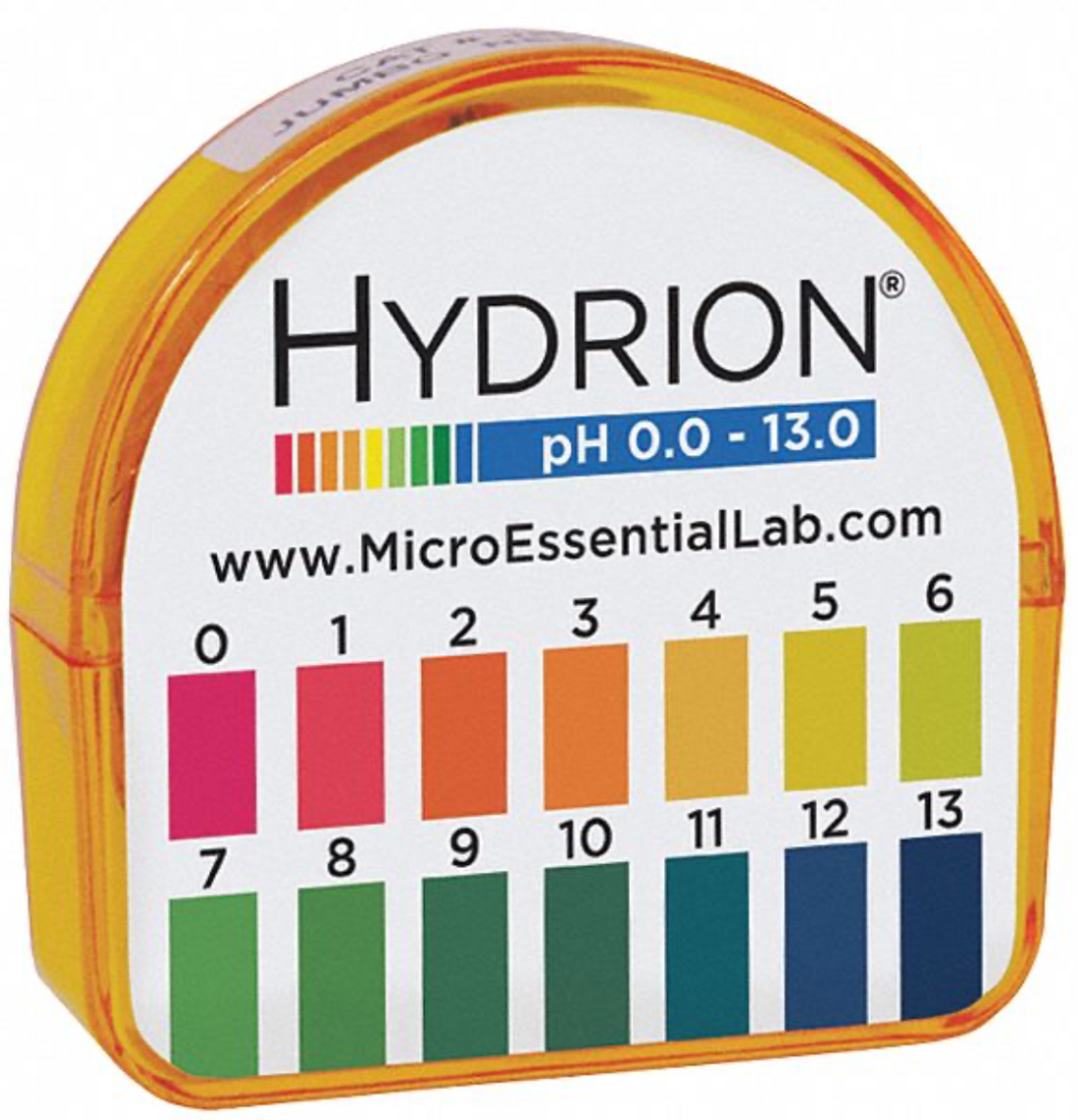
Provide a name and description
Name: pH paper
Used to find the pH of a substance.
What does WHMIS stand for?
Workplace Hazardous Material Information System
The three ways chemicals can enter the body are?
Inhalation, absorption, and ingestion.
What does GHS stand for?
Global Harmonized System.
What does SDS stand for?
Safety Data Sheet.
What does HHPS stand for?
Household Hazardous Product Symbols.
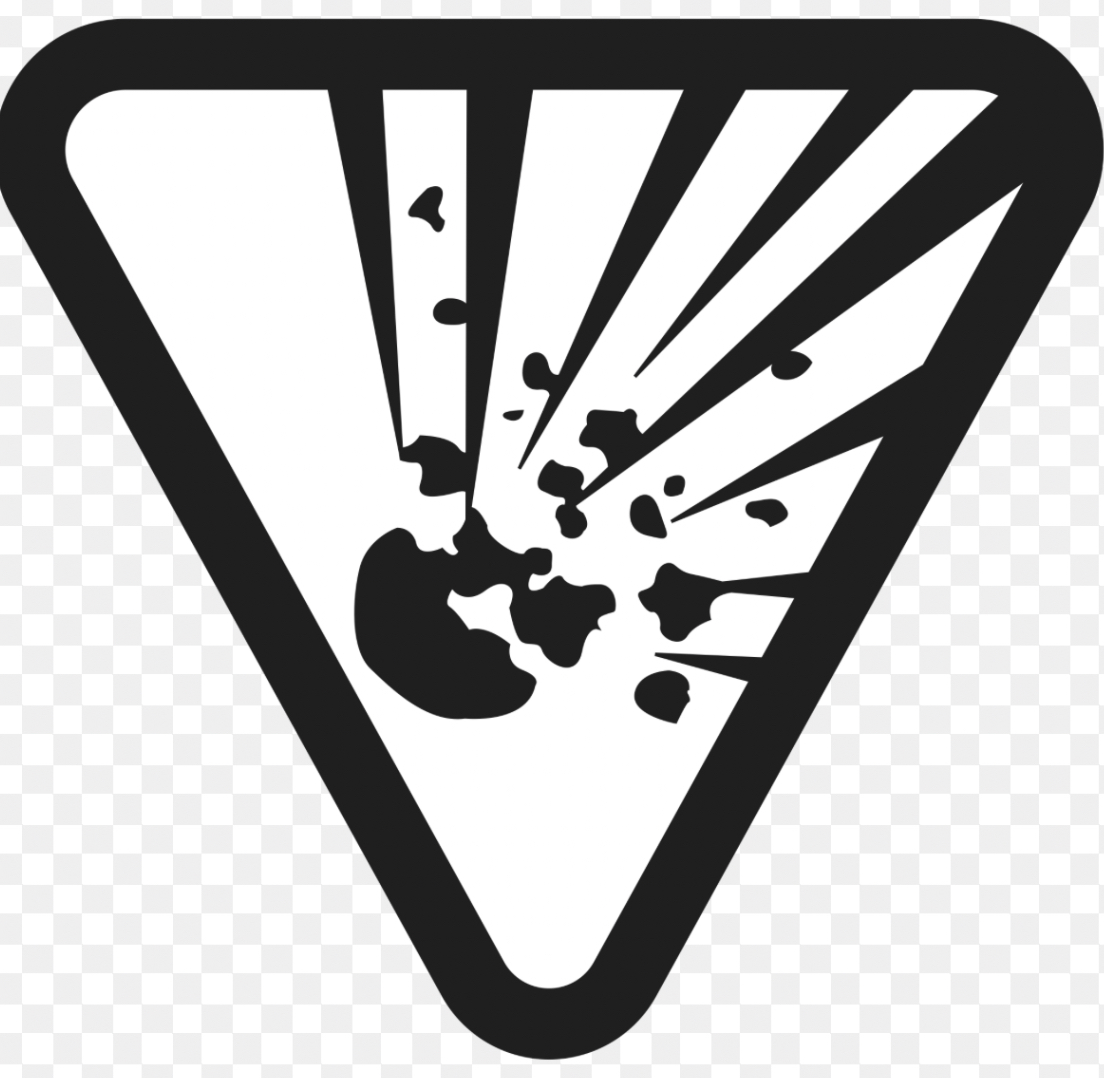
Provide a name
Explosive
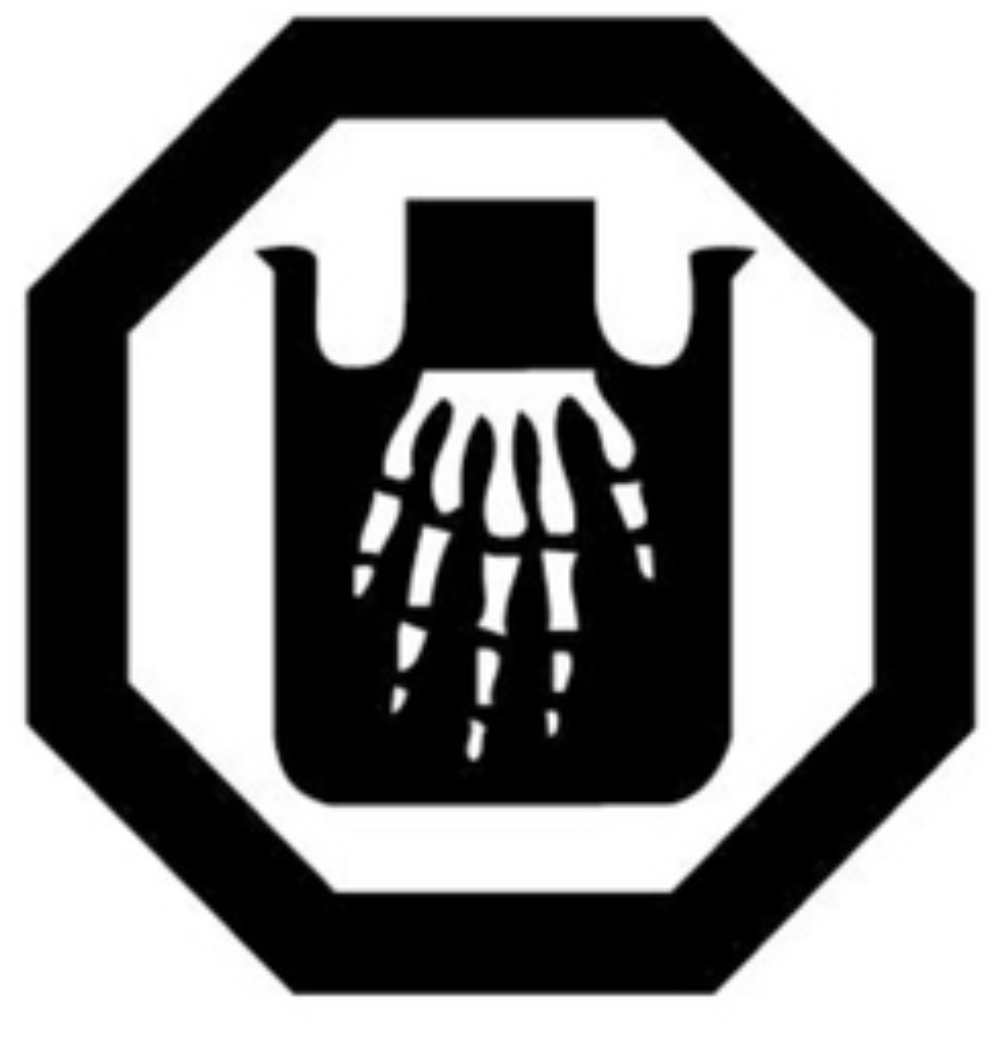
Provide a name
Corrosive
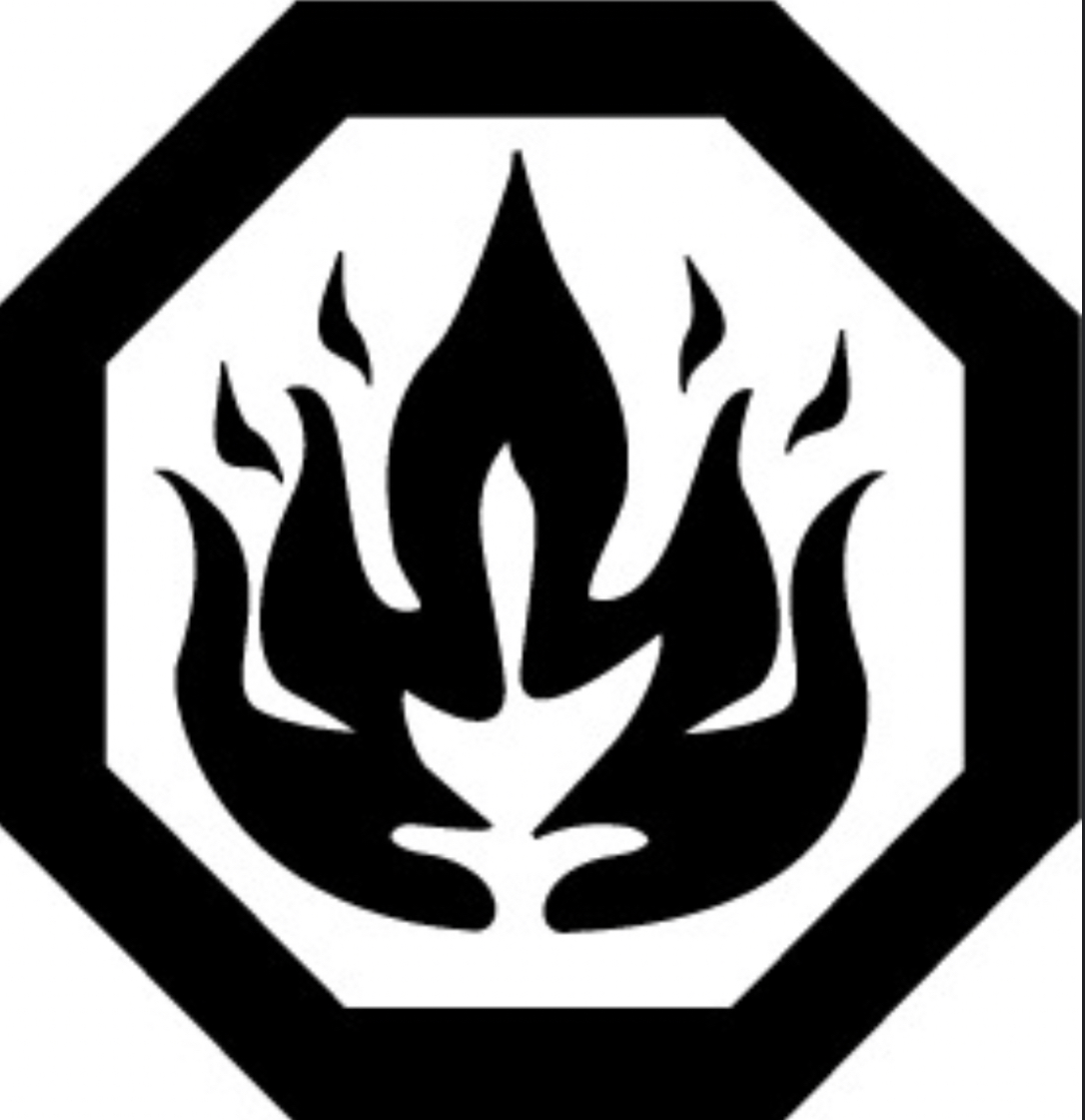
Provide a name
Flammable
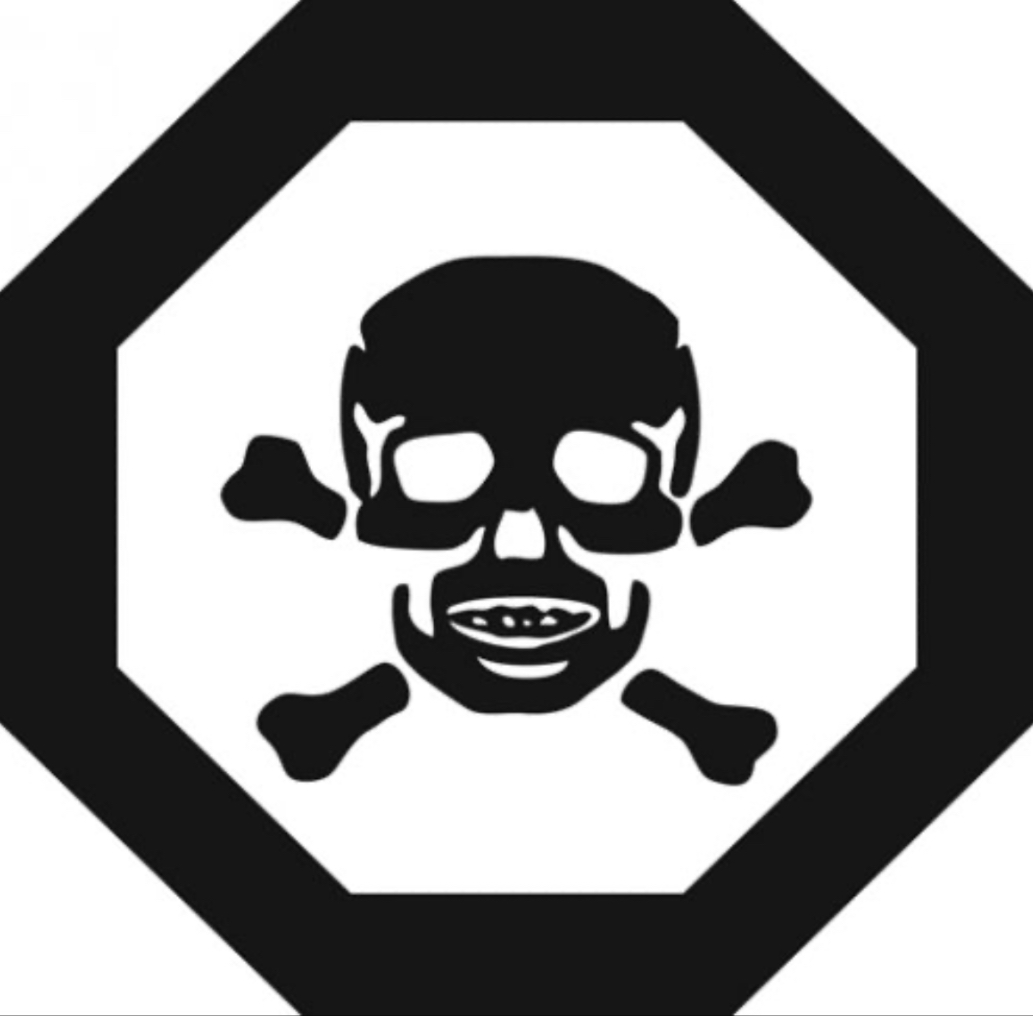
Provide a name
Toxic
The octagon shape and the triangle shape indicates…?
The octagon shape indicated that the contents are dangerous. The triangle shape indicates that the container is dangerous.